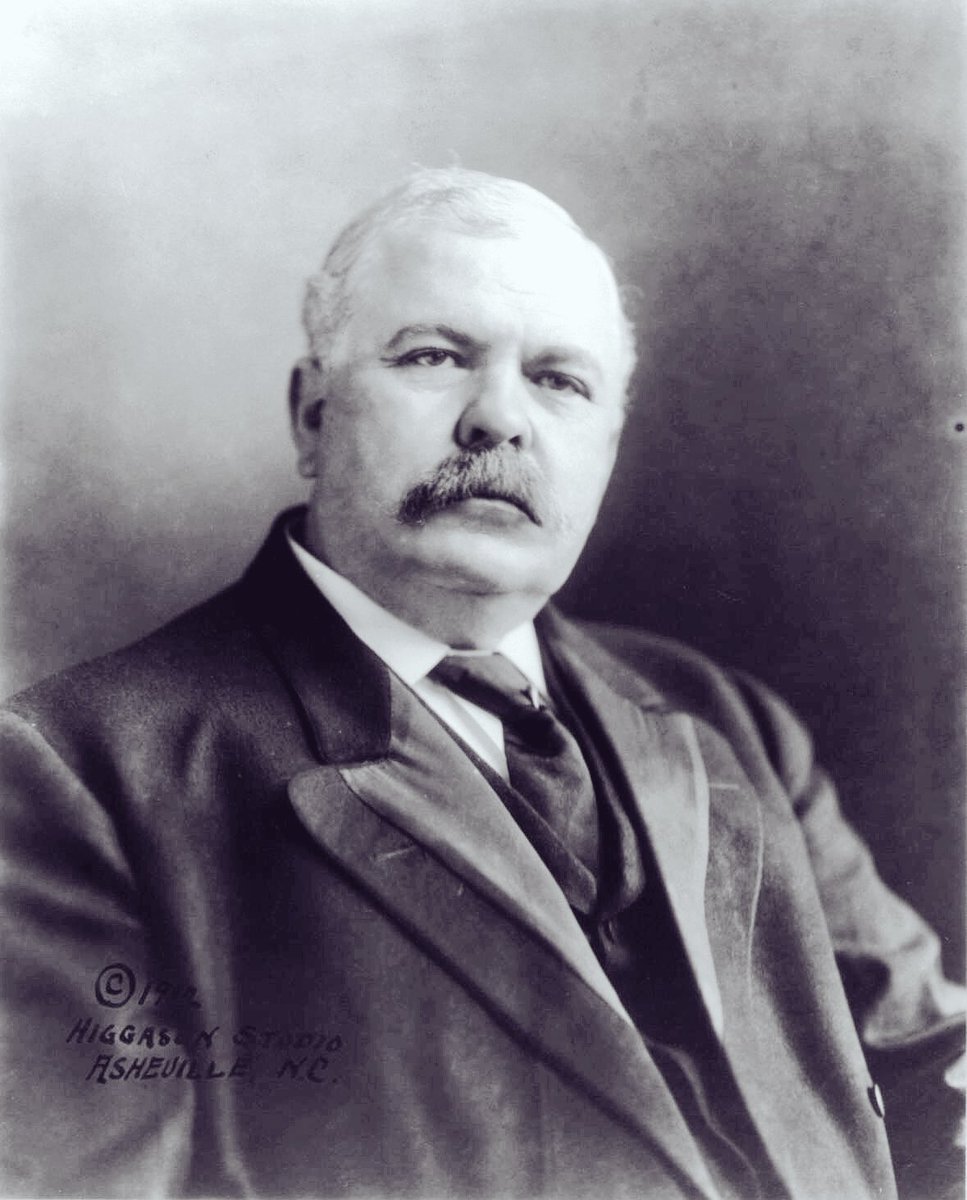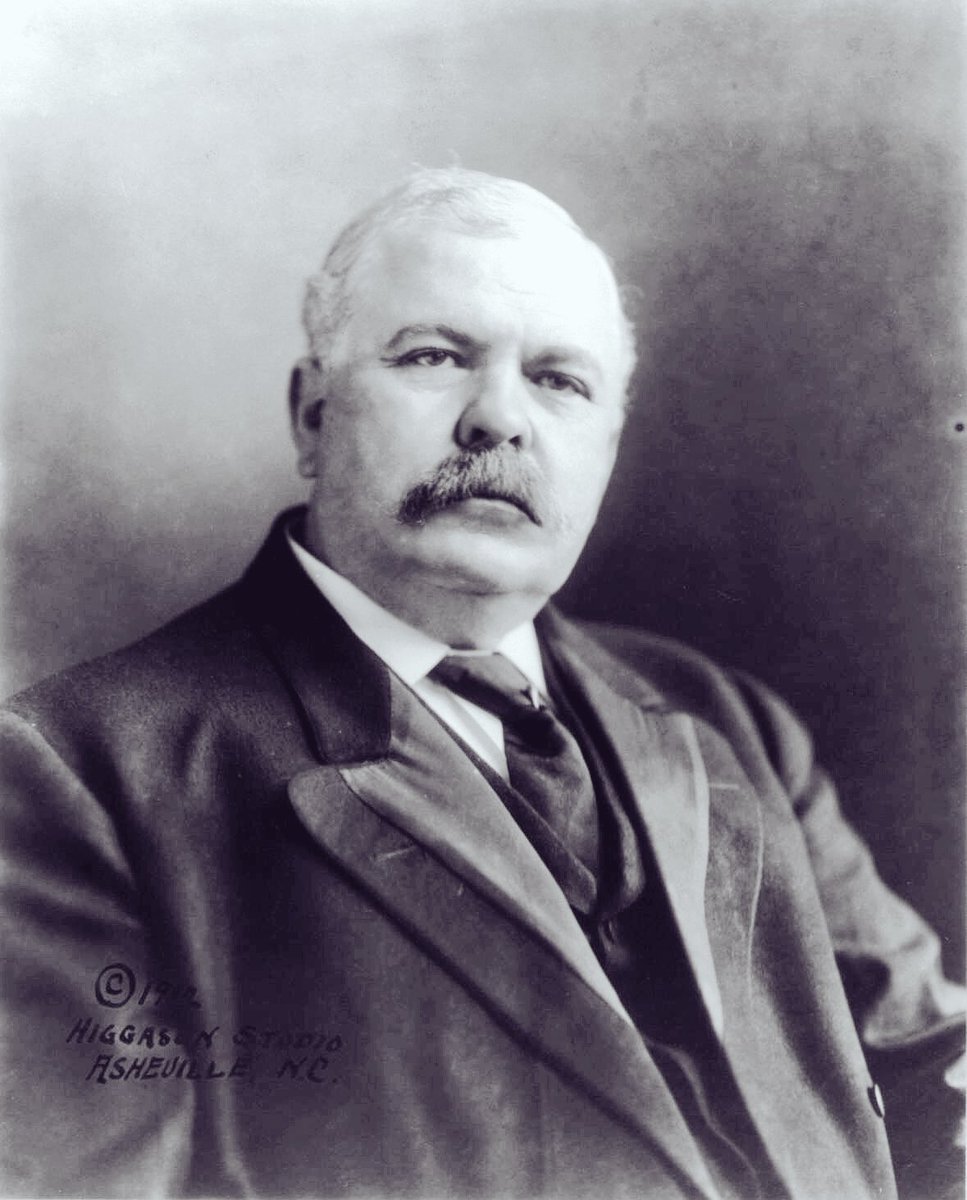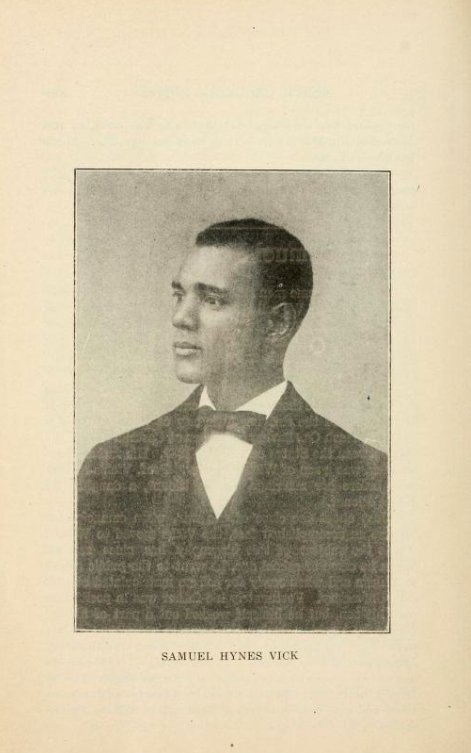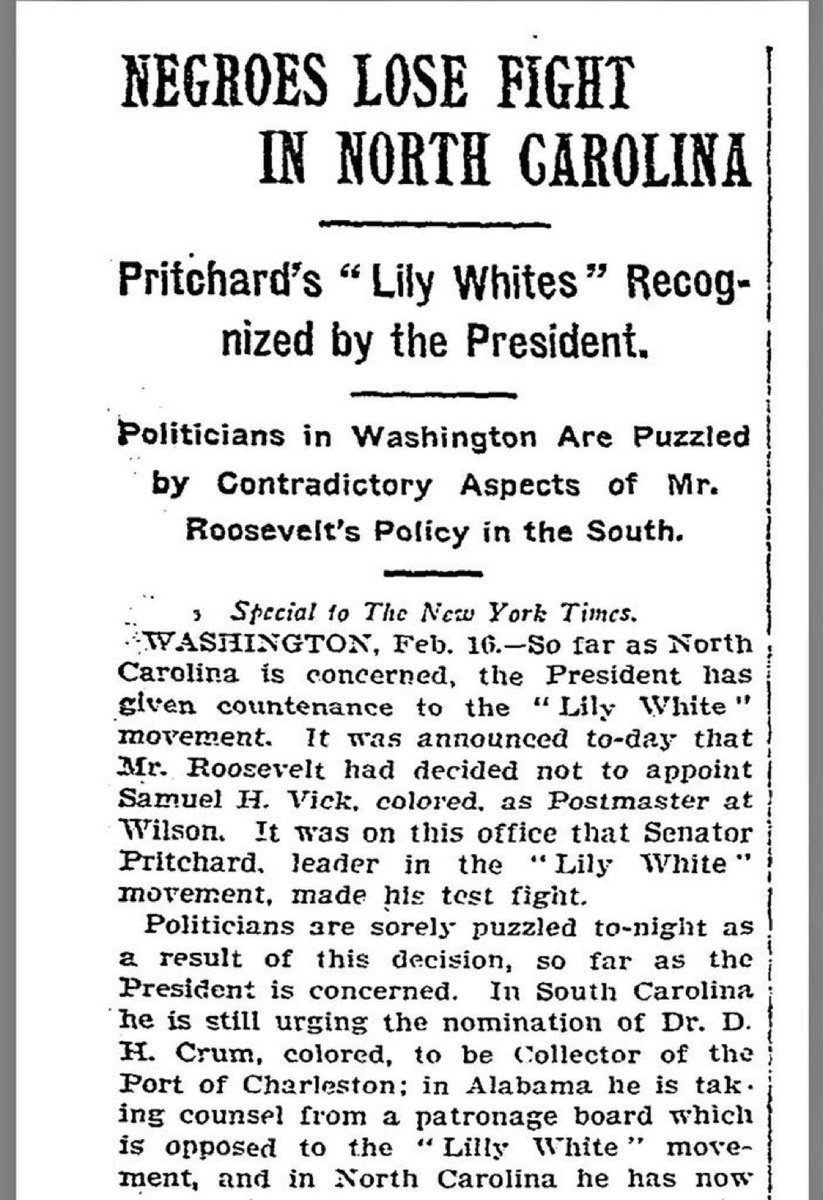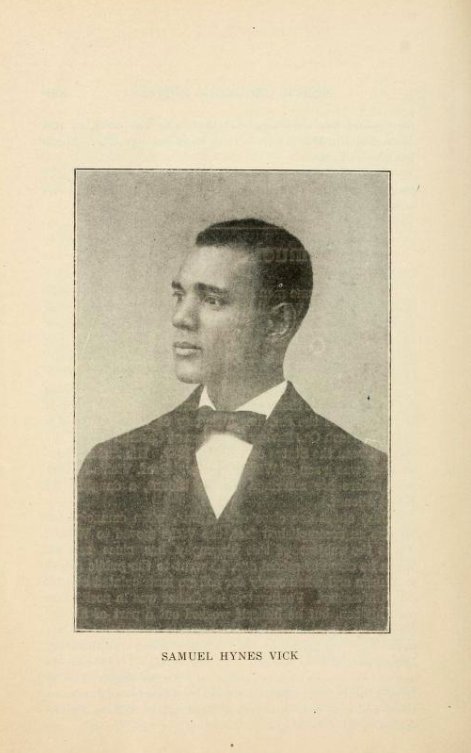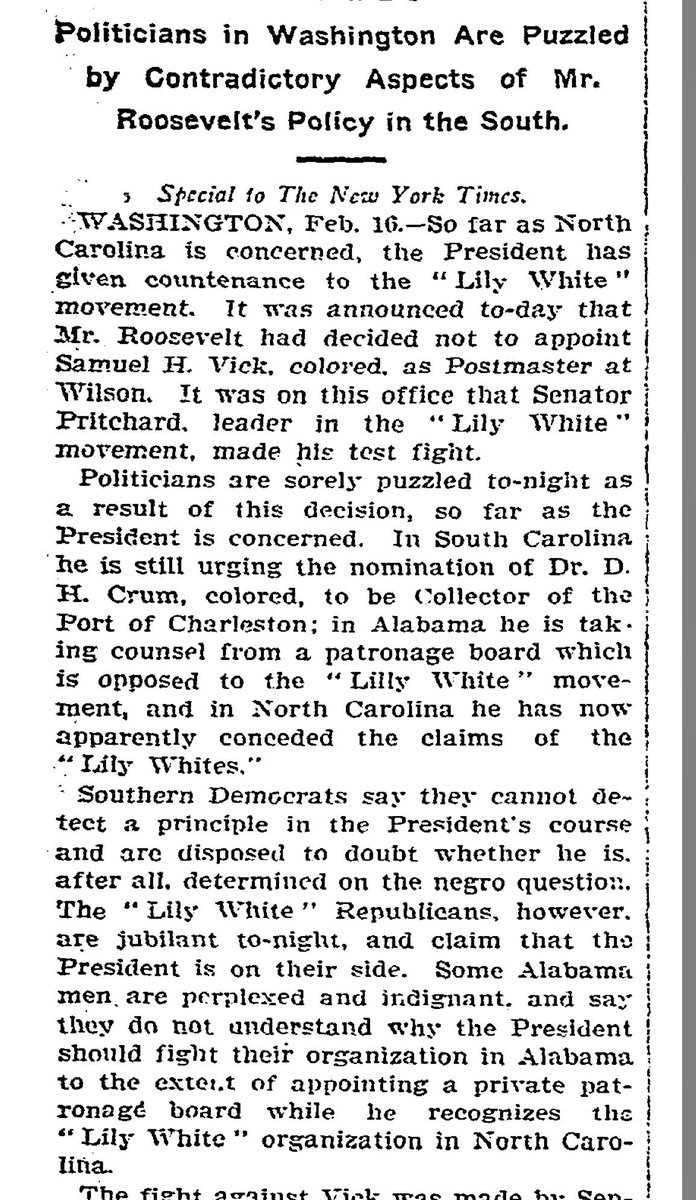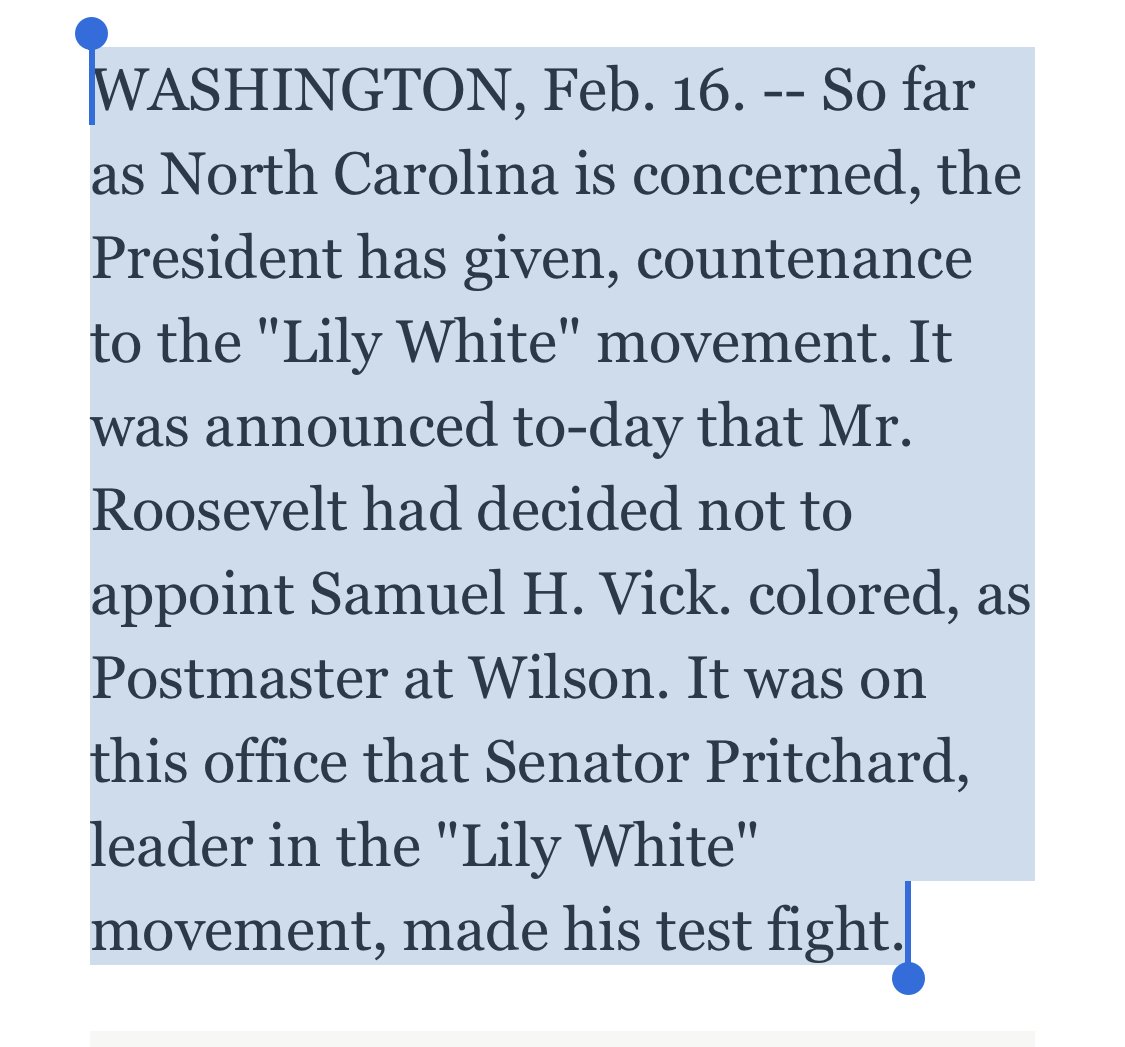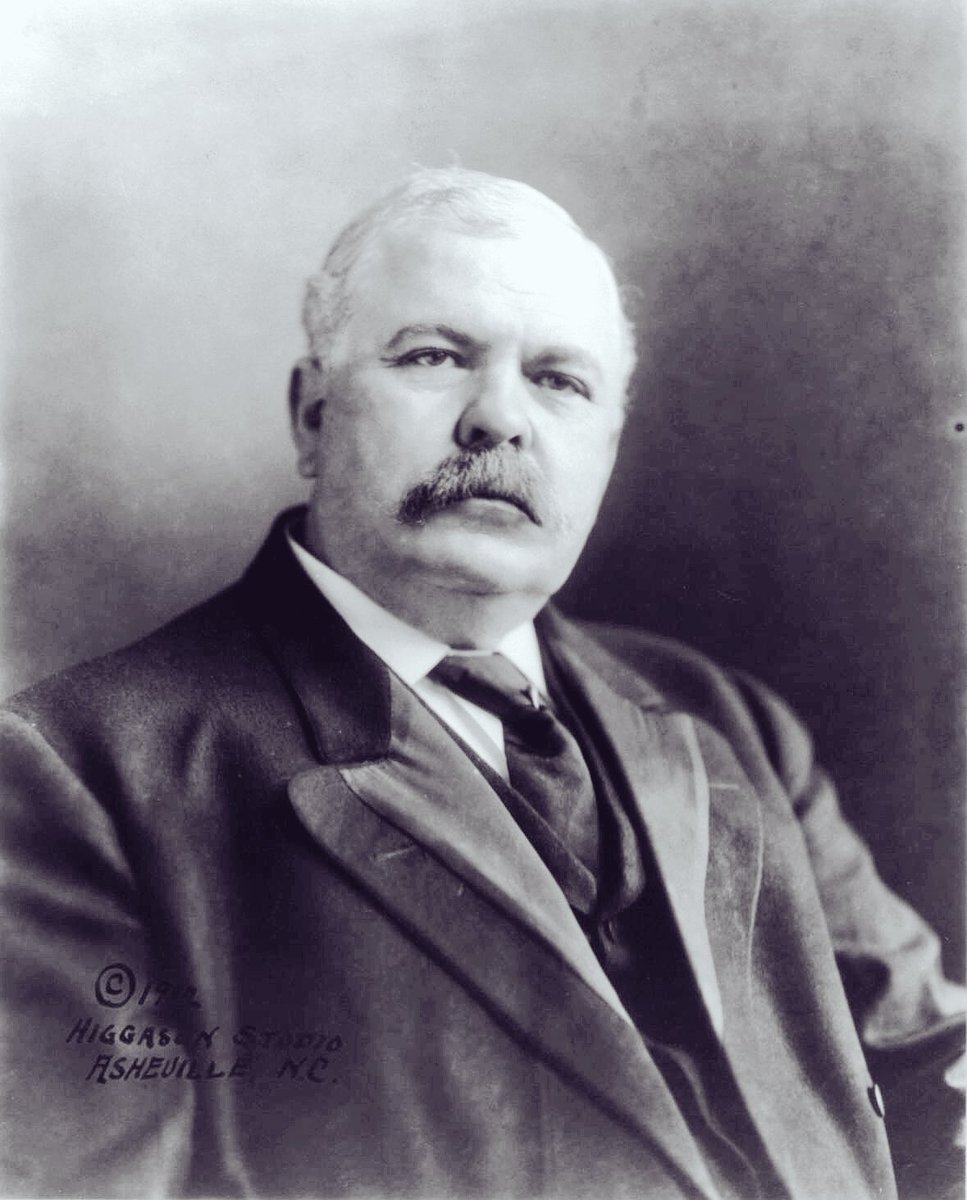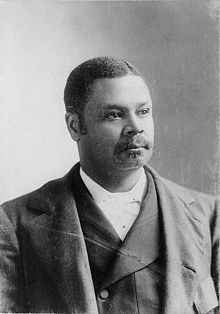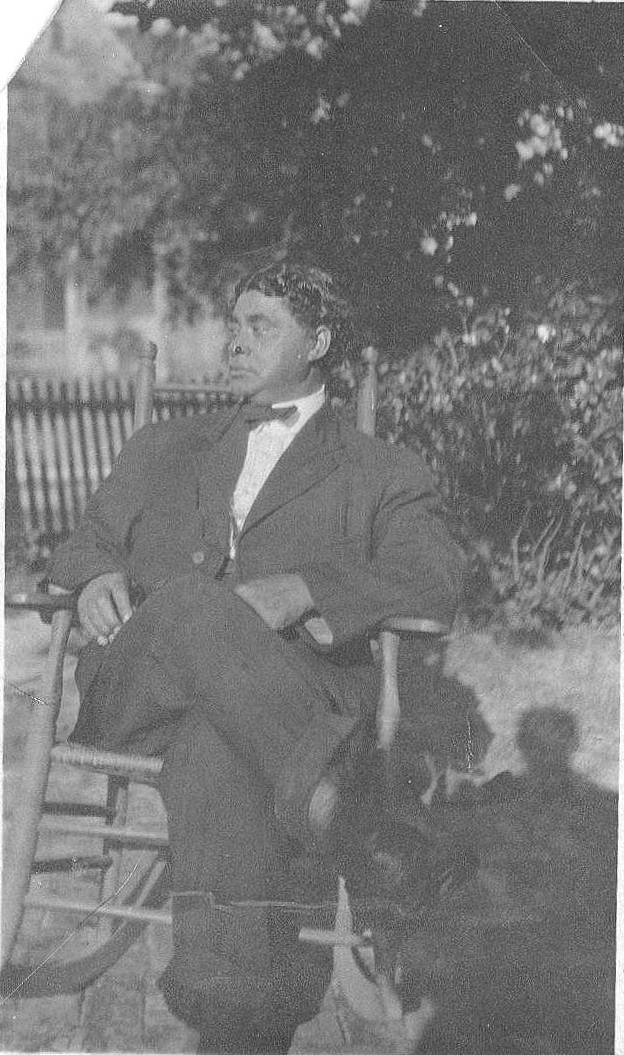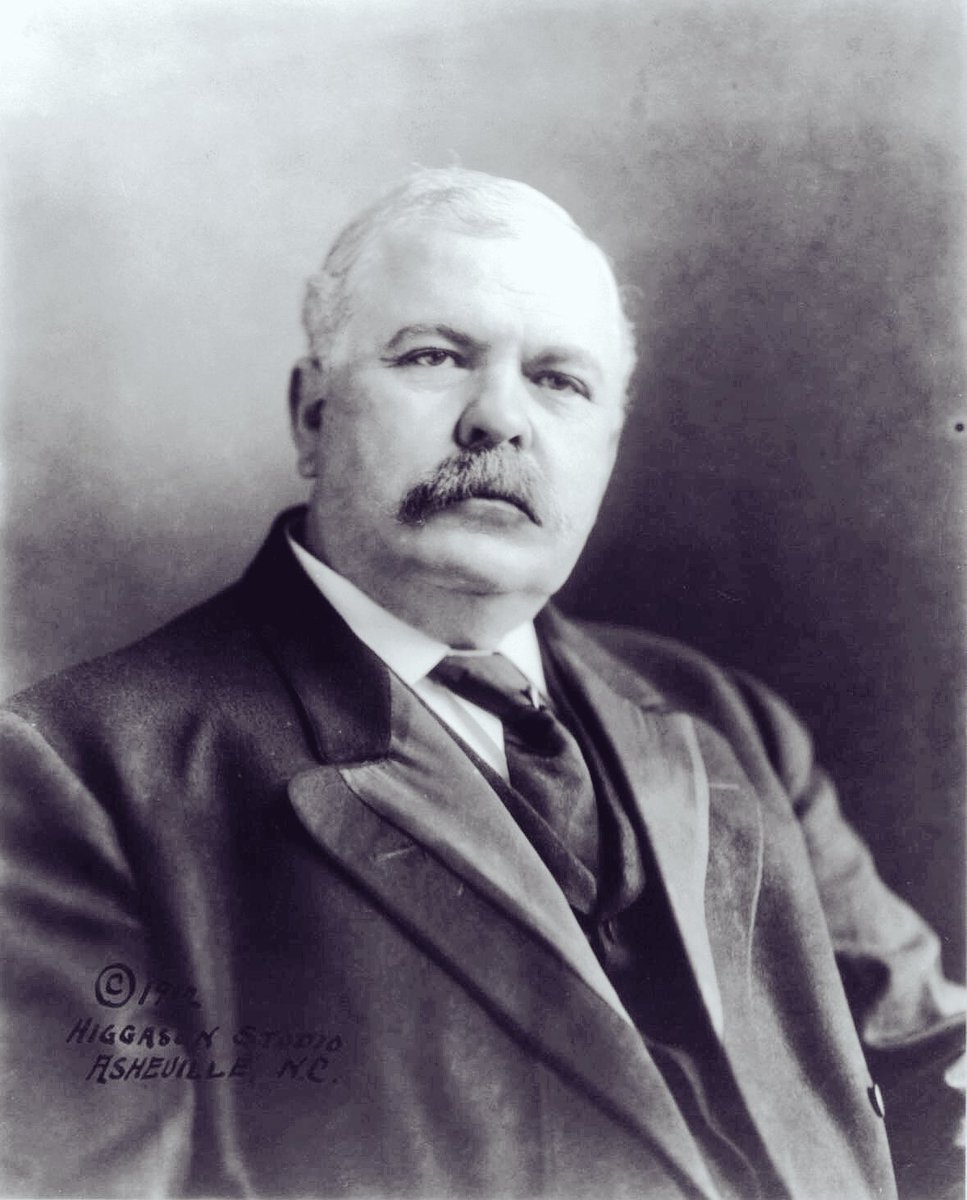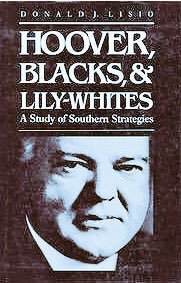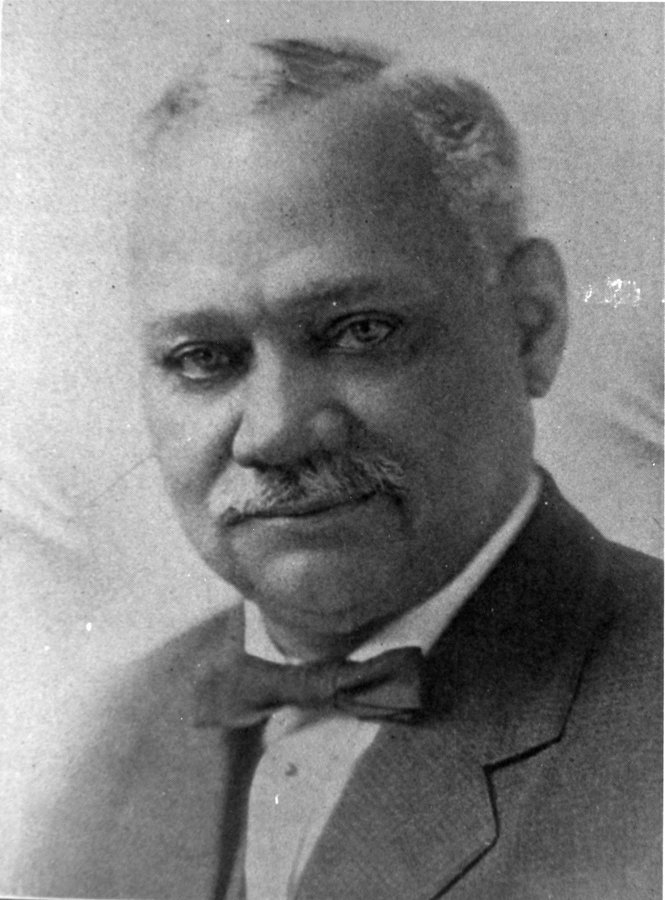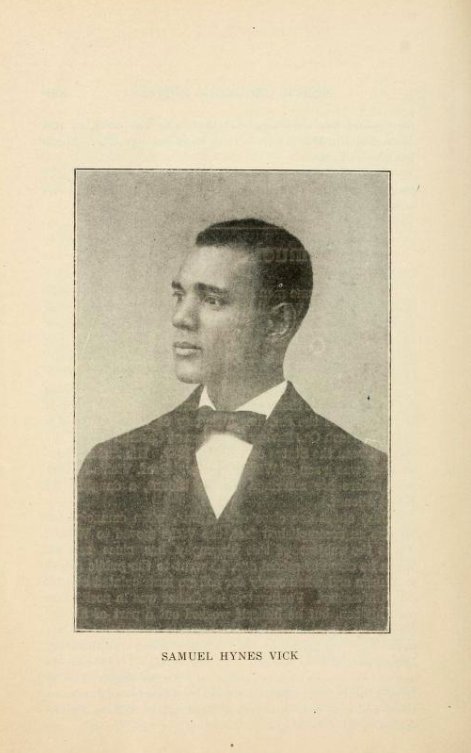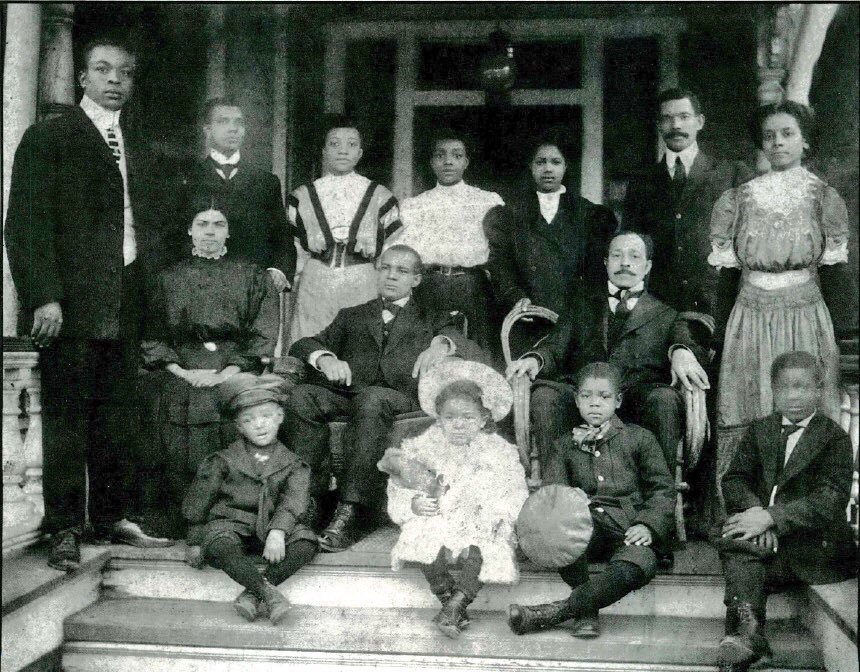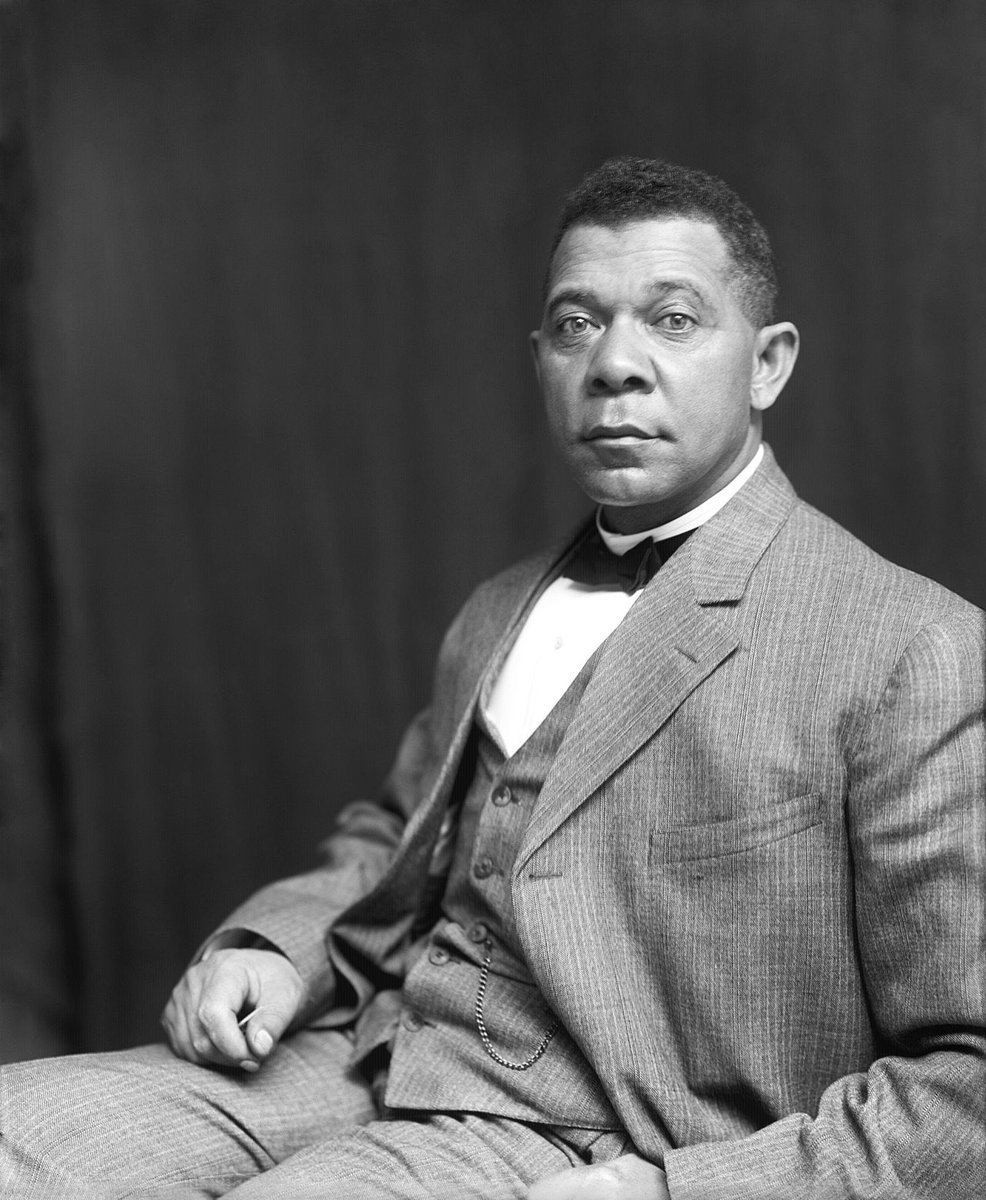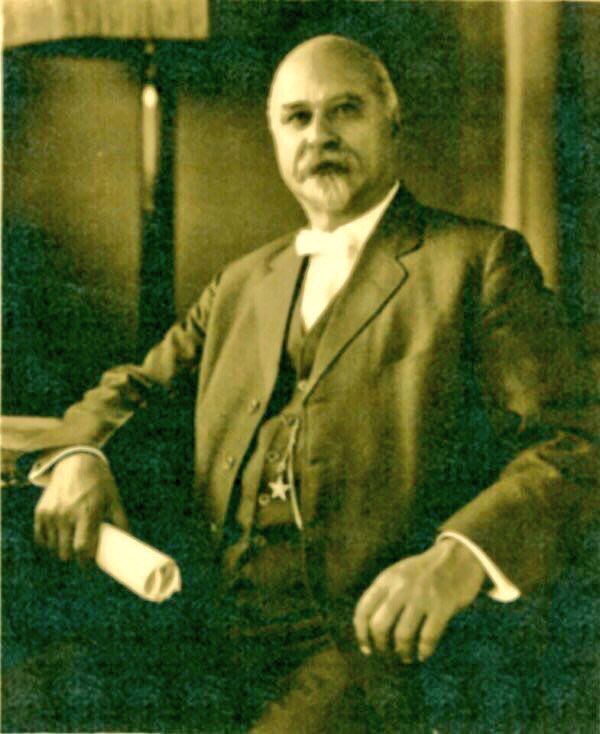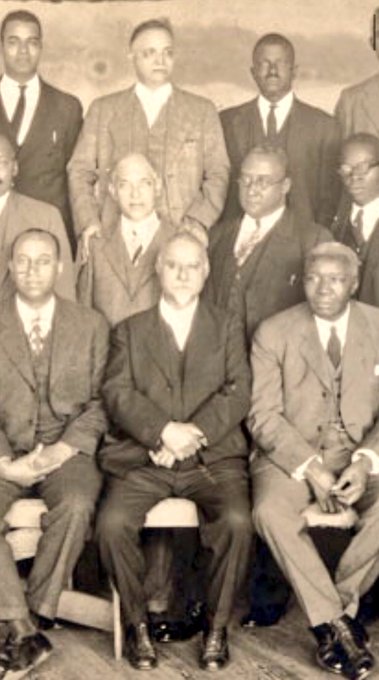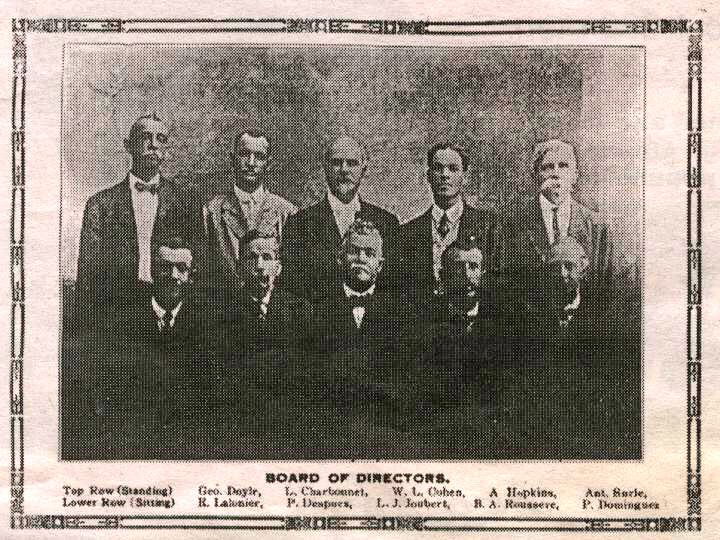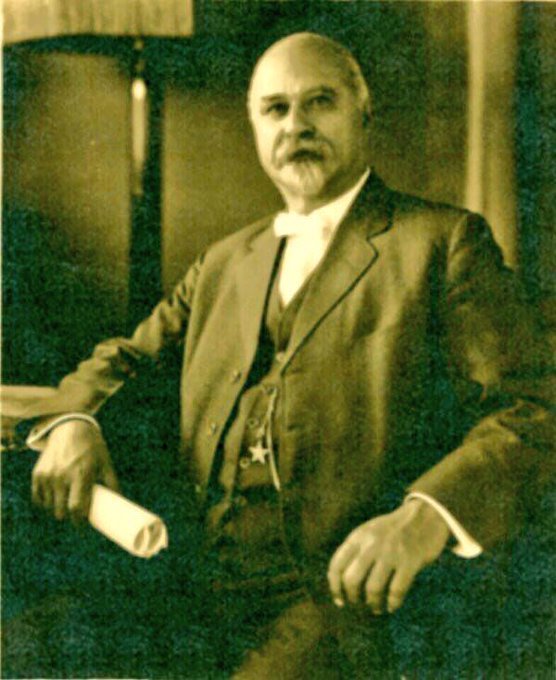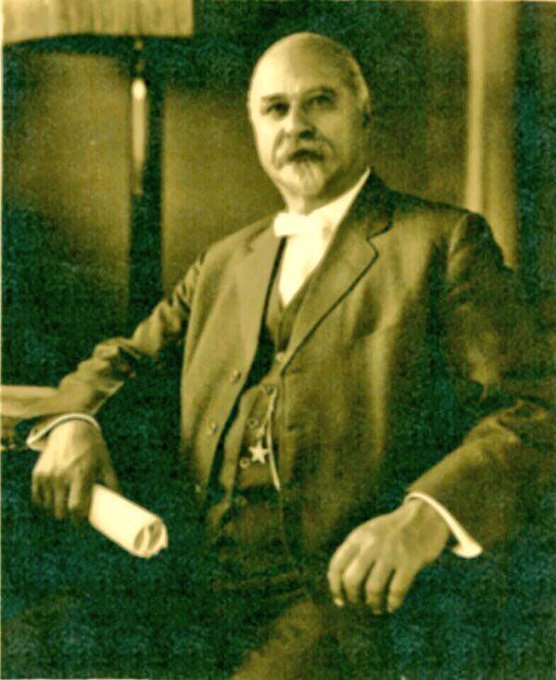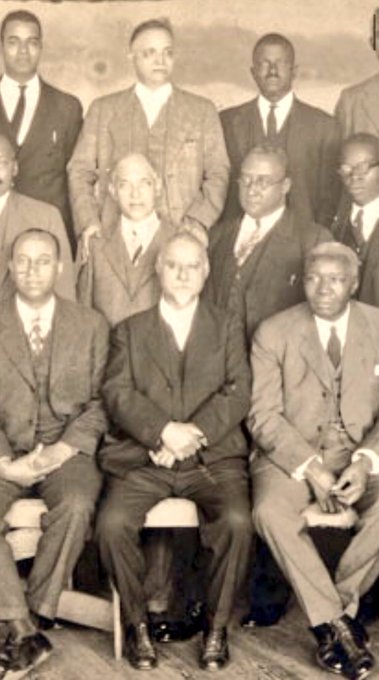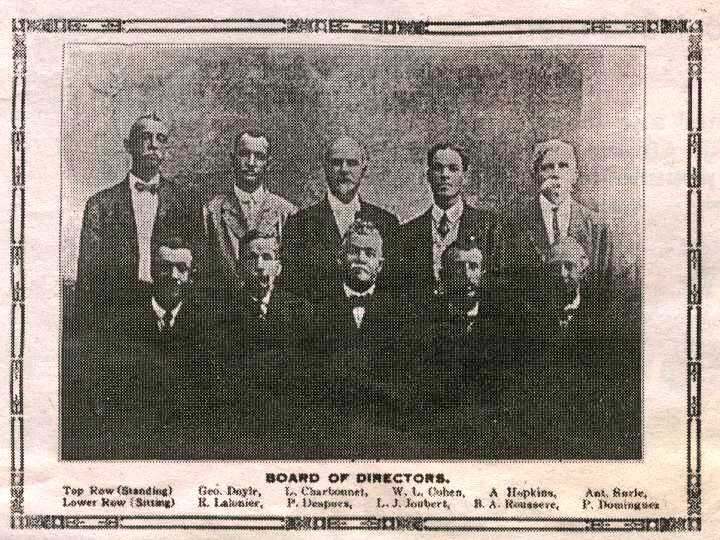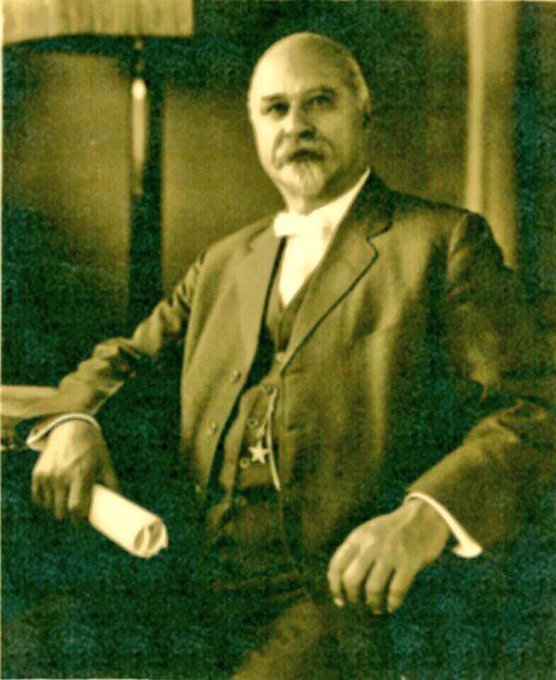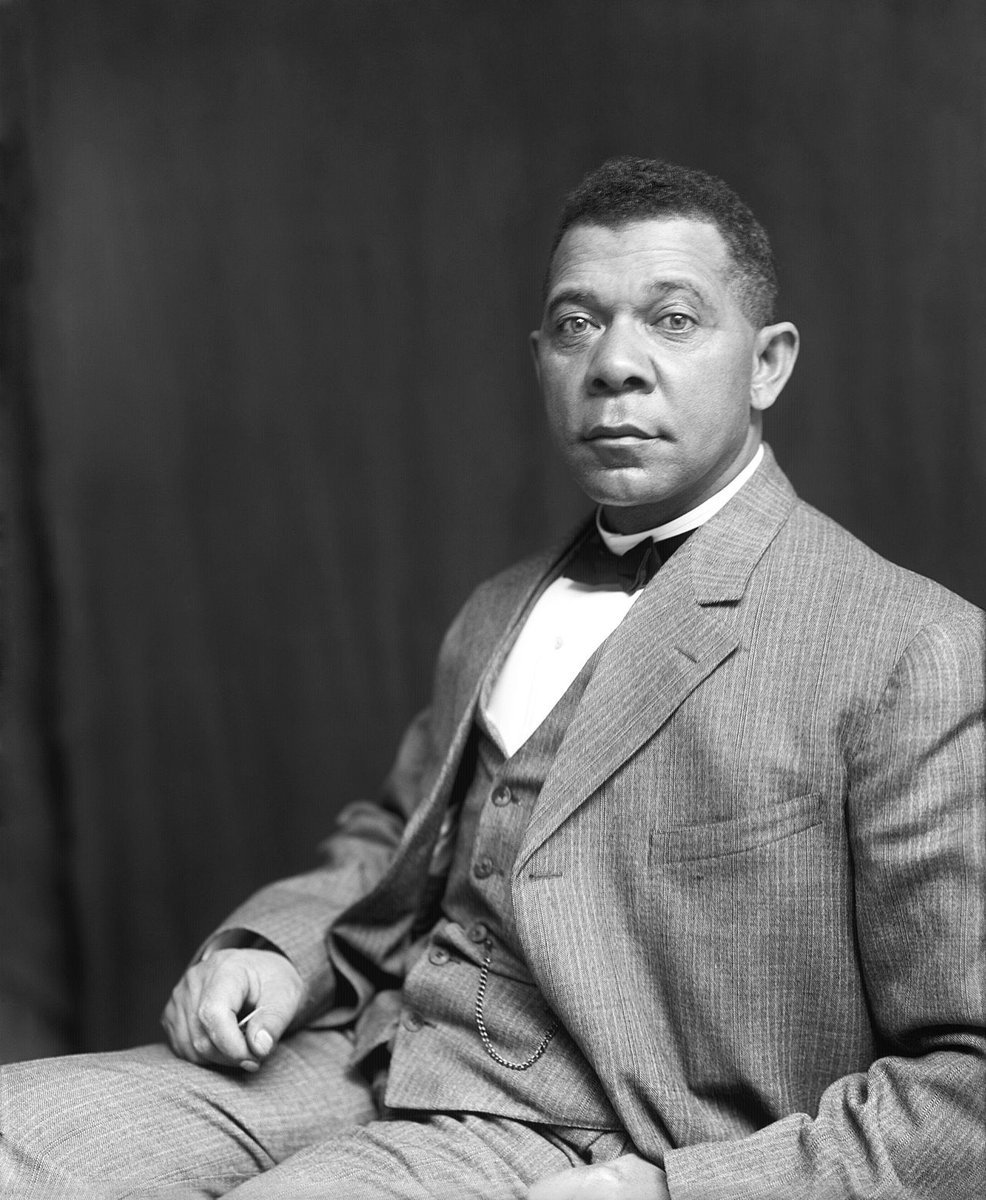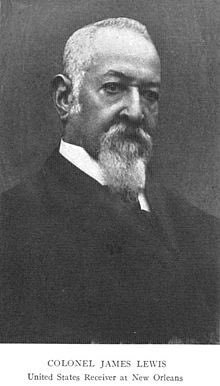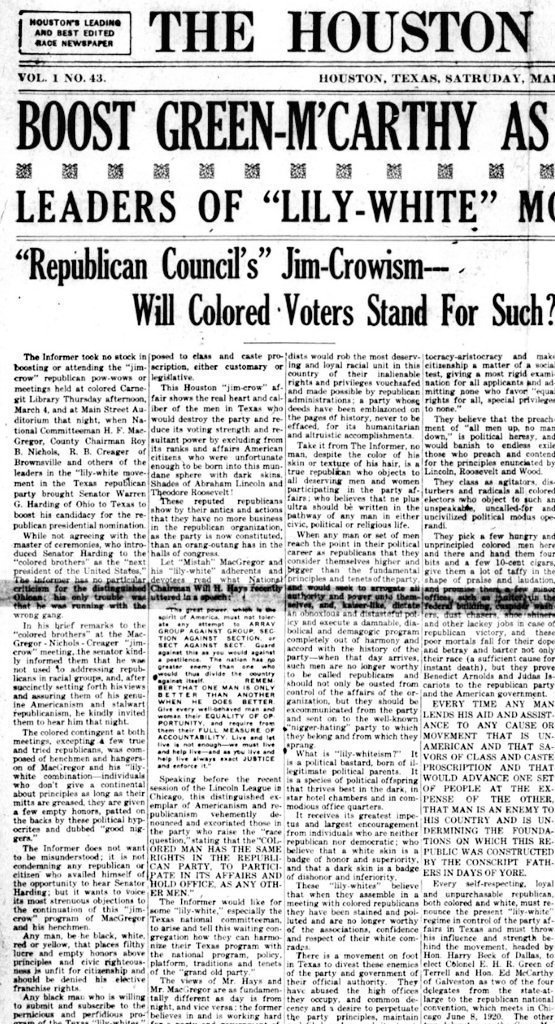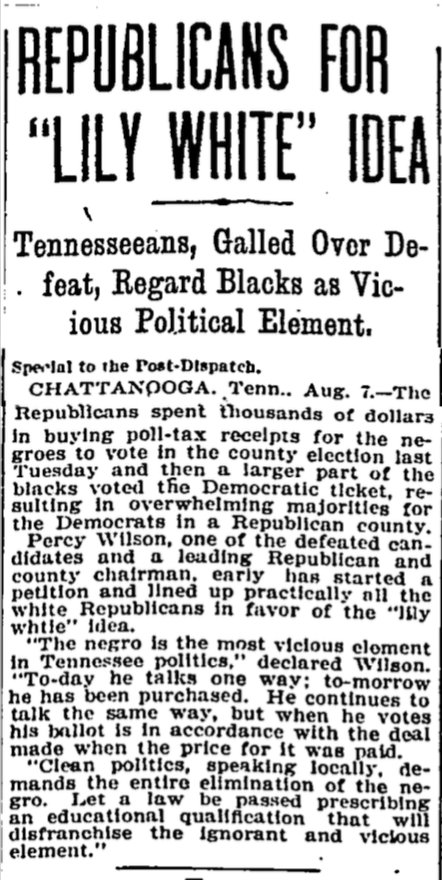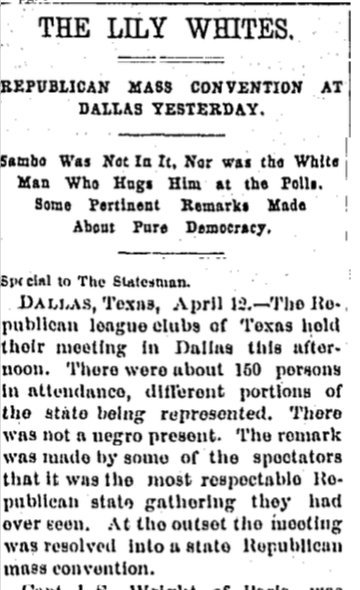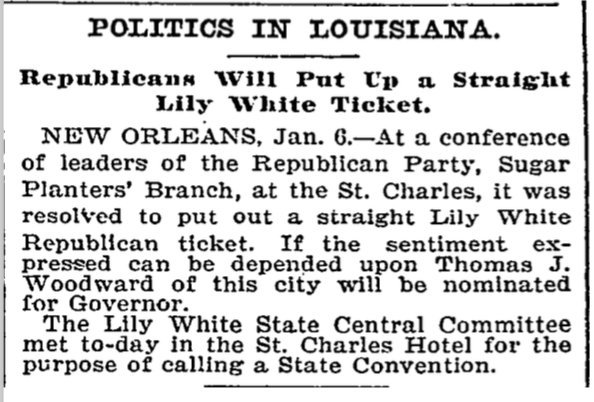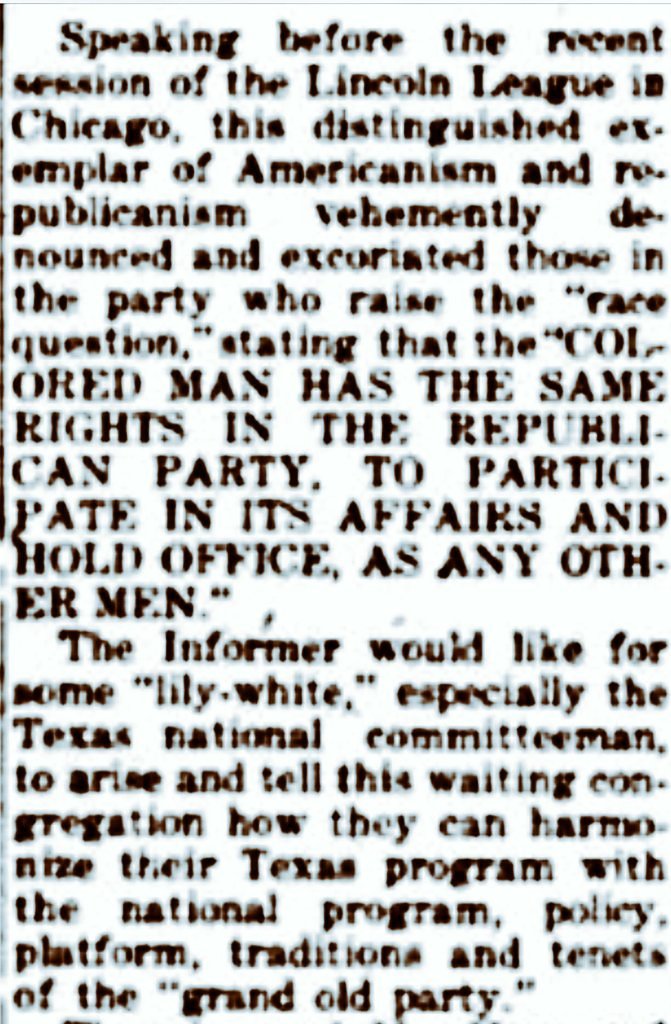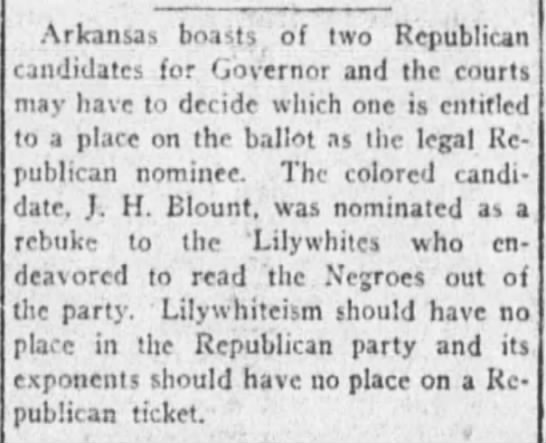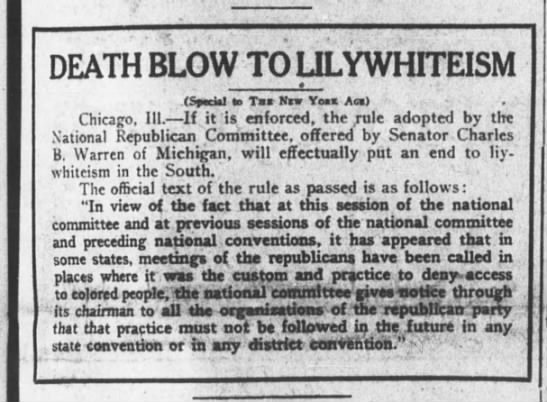Early Signs of Trouble: The Lily-White-Movement (late 19th and early 20th centuries). The #GOP and Black America.
The LILY-WHITE MOVEMENT: The white-supremacist-conservative Republican movement that (successfully) kicked African Americans out of the Republican Party.
The LILY-WHITE MOVEMENT: The white-supremacist-conservative Republican movement that (successfully) kicked African Americans out of the Republican Party.
The "lily-white" movement began within the Republican party after the Civil War. From the first days of Reconstruction, a fight developed not only in Texas but across the South between white and black factions for control of the newly formed party.
As white GOP leaders sought "respectability" among Southern voters and a conviction grew that continued "black and tan" involvement thwarted expansion of the party, the lily-white Republicans began an organized effort to drive blacks from positions of party leadership.
Though Texas blacks appealed to Northern party managers to halt the movement, lily-whiteism flourished because Republican presidents after 1865 wanted approval from the Southern white masses.
The term lily-white originated at the 1888 Republican state convention, when a group of whites attempted to EXPEL black delegates. Norris Wright Cuney, the black Texas leader who controlled the state party until his death, promptly labeled the insurgents "lily-whites”.
Actually, an organized lily-white movement had begun in Texas during the 1870s, when the party was dominated by former governor Edmund J. Davis. But once Cuney gained the national committeemanship upon the death of Davis, the lily-whites started a concerted drive for mastery.
Though Cuney was reappointed to the national committee at the 1892 Republican national convention, the black-white struggle in Texas resulted in a fractured party and the first GOP state convention without a black and tan delegation in attendance.
The 1892 election proved a turning point for both GOP factions as Cuney aligned the black and tans behind George Clark, a conservative Democrat, in his fight with James S. Hogg, and the lily-whites nominated Andrew Jackson Houston for the governorship. Houston,son of Sam Houston.
Houston, son of Sam Houston and a future United States senator, received only 1,322 votes in the Nov election, while Cuney suffered a dual setback:not only did Clark go down in defeat, but the Democrat Grover Cleveland won the presidency, so that Cuney lost all federal patronage.
Southern GOP leaders, black and white, relied upon the dispensation of federal jobs to maintain their state organizations; and when Cuney lost out under Cleveland, the door was opened for a lily-white takeover.
Though Cuney was replaced as national committeeman as well as state chairman during the 1896 campaign, other black and tan leaders emerged to lead the state party.
Edward H. R. Green (son of multimillionaire Hetty H. R. Greenqv), who arrived in Texas to oversee his mother's railroad empire, captured the party after Cuney's downfall by forming a political alliance with William M. (Gooseneck Bill) McDonaldqv, a black banker from Fort Worth.
The Green-McDonald partnership, however, was unable to stem the lily-white insurgents, and after Green's withdrawal as state chairman in 1902, Cecil A. Lyon, a white businessman from Sherman, took control. Lyon spearheaded the party and the movement in Texas until his death.
By 1904 Lyon was Theodore Roosevelt's agent in the state as well as national committeeman and state chairman; though black and tan delegations appeared at the 1904 and 1908 national conventions, they were pushed aside by Lyon's forces.
To avoid criticism, one or two blacks were usually seated with lily-white delegations to the national gatherings. The lily-whites gained new momentum with the adoption of the poll tax and the passage of the Terrell Election Law (see ELECTION LAWS).
The lily-white Republicans appealed to racism to establish their party as a viable alternative for southern Democrats. As a result, blacks increasingly lost influence and power in the Republican party..
The Southern Democratic leadership greatly discouraged black membership, and many blacks felt that they had no political party in which to participate
When the Republican factions split during 1906 and both made gubernatorial nominations to oppose Democrat Thomas Mitchell Campbell, the lily-white candidate, A. C. Gray, outpolled his black and tan challenger, Alexander W. Acheson, by a four-to-one margin.
More information here:
1) https://books.google.com/books/about/A_Southern_Family_in_White_and_Black.html?id=VtaZVBagK7sC
2) https://en.m.wikipedia.org/wiki/Lily-white_movement
1) https://books.google.com/books/about/A_Southern_Family_in_White_and_Black.html?id=VtaZVBagK7sC
2) https://en.m.wikipedia.org/wiki/Lily-white_movement
Part 2: Picking up where I left off:
Lyon supported Roosevelt in 1912 during his famous fight w/William Howard Taft, he later organized the Progressive or Bull Moose party in Texas, which resulted in the loss of his party posts to Henry Frederick MacGregor.
Lyon supported Roosevelt in 1912 during his famous fight w/William Howard Taft, he later organized the Progressive or Bull Moose party in Texas, which resulted in the loss of his party posts to Henry Frederick MacGregor.
Roosevelt's Bull Moose campaign finished shattering Republican harmony in the state, with the lily-whites generally supporting the new movement's calls for a white opposition party to the Democrats and the black and tans allying themselves with Taft.
After amalgamation of the GOP for the 1916 presidential campaign, Rentfro B. Creager, a Brownsville lawyer and 1916 gubernatorial candidate, soon became party leader.
Though McDonald attempted a comeback in 1920 and proclaimed that color should predominate because "95 percent of all Texas Republicans were Negroes," the lily-whites under Creager retained firm control after the upheavals of 1912–16.
“We shall have some disturbers,” McDonald predicted before the 1898 convention.
One of Fort Worth’s most famous Republicans, McDonald was also Texas’ first African-American millionaire and a successful banker throughout the Depression.
http://www.star-telegram.com/opinion/opn-columns-blogs/bud-kennedy/article3860594.html
One of Fort Worth’s most famous Republicans, McDonald was also Texas’ first African-American millionaire and a successful banker throughout the Depression.
http://www.star-telegram.com/opinion/opn-columns-blogs/bud-kennedy/article3860594.html
The lily-whites reigned supreme under Republican presidents Warren G. Harding, Calvin Coolidge, and Herbert Clark Hoover, despite the threats of blacks throughout the 1920s to bolt the Republican fold for the Democratic party, ..
.. and despite efforts by Republican congressman Harry McLeary Wurzbach to court the black and tans in his fight for ascendancy with Creager.
When black and tan factions appeared at the 1920, 1924, and 1928 Republican national conventions, they were shunted by Creager and his followers. Lily-white domination of the GOP became academic during 1930s, as blacks joined the black exodus into Roosevelt's New Deal coalition.
The "Lily Whites' are trying to drive us [black Republicans] from the party councils".
— Scipio Africanus Jones
— Scipio Africanus Jones
“There is but ONE way open to Republican success, and that is that the white republican come forward and take charge of party management.”
—James P. Newcomb (The “Lily White” conservative Republican leader in Texas, 1884)
—James P. Newcomb (The “Lily White” conservative Republican leader in Texas, 1884)
“The NEGRO troubles are resulting in the great masses of colored people shutting out WHITE immigration.”
— James P. Newcomb (The “Lily White” Conservative leader in Texas, 1884)
— James P. Newcomb (The “Lily White” Conservative leader in Texas, 1884)
“He (lily-white conservative Republican C. Bascom Slemp) has physically kicked Negroes even out of his own Republican party convention and declared himself opposed to Negro suffrage - it is a blow so serious and fatal that we have not ceased to gasp at it.”
— The Crisis magazine
— The Crisis magazine
One of the saddest ironies for us who adhere to a more [authentic] black Republicanism, is knowing that “The Lily-White” Republican movement was born to destroy us, weaponized to wipe us out - in order to appeal to white racist democrats.
The irony of it has not been lost on us!
The irony of it has not been lost on us!
In #NorthCarolina Pritchard became a leader of the Lily-White Movement,an effort in the South during the early 20th century to drive blacks out of the Republican Party.
The “small number” of white Republicans wanted to take control of the party entirely.
https://en.m.wikipedia.org/wiki/Jeter_Connelly_Pritchard
The “small number” of white Republicans wanted to take control of the party entirely.
https://en.m.wikipedia.org/wiki/Jeter_Connelly_Pritchard
NEGROES LOSE FIGHT IN NORTH CAROLINA; Pritchard's "Lilly Whites" Recognized by the President. Politicians in Washington Are Puzzled by Contradictory Aspects of Mr. Roosevelt's Policy in the South.
https://www.nytimes.com/1903/02/17/archives/negroes-lose-fight-in-north-carolina-pritchards-lilly-whites.html
#BlackConservativeMovement
https://www.nytimes.com/1903/02/17/archives/negroes-lose-fight-in-north-carolina-pritchards-lilly-whites.html
#BlackConservativeMovement
“It was announced to-day that Mr. Roosevelt had decided not to appoint Samuel H. Vick. colored, as Postmaster at Wilson. It was on this office that Senator Pritchard, leader in the "Lily White" movement, made his test fight.”
https://afamwilsonnc.com/2015/12/16/samuel-h-vick/
https://twitter.com/blackrepublican/status/962767761884708864?s=20
https://afamwilsonnc.com/2015/12/16/samuel-h-vick/
https://twitter.com/blackrepublican/status/962767761884708864?s=20
“As the number of eligible black voters dwindled across the South, lily-white factions in southern states began to battle the traditional "black and tan," or biracial, wing of the Republican Party.“
“In 1900 Pritchard reversed his previous stand and publicly opposed black officeholders. North Carolina's delegation to the national convention in June contained just two black delegates (George White and Henry Hagans).”
https://scuffalong.com/tag/george-h-white/
https://scuffalong.com/2014/08/17/henry-edward-hagans/
https://scuffalong.com/tag/george-h-white/
https://scuffalong.com/2014/08/17/henry-edward-hagans/
The South's last black legislators served in the N.C. General Assembly until 1901; the nation's last black congressman of the nineteenth century, George Henry White, served the state's Second District from 1897 to 1901.
His farewell speech to Congress
His farewell speech to Congress
Through this concession to the "lily- whites," Roosevelt not only endorsed the idea that the Republican party had failed in the South because it had not adhered to the "lily-white" position, ...”
“Black Raleigh Republicans brandished a letter from one of Roosevelt's top aides condemning Pritchard's lilywhite policy. After the 1902 elections, Roosevelt castigated lilywhite Republicanism more strongly.”
By 1902 the so-called "Lilywhite" movement again appeared within the southern wing of the Republican party, and in combatting it Booker T. Washington found an ally in black Republican Walter Cohen
Cohen was a free black prior to passage of the Thirteenth Amendment to the United States Constitution. He was Catholic by religion, but had Jewish ancestry, and he noted that he was part of the most-hated ethnic group and most-hated religious group by the resurging KKK.
“Cohen was an African-American Republican politician and businessman in the U.S. state of Louisiana. The New Orleans native was the son of Bernard Cohen and the former Amelia Bingaman. Like his better-known compatriot Homer Adolph Plessy, ... plaintiff in Plessy v. Ferguson.”
Cohen's political activity mushroomed in the 1890s, after the Reconstruction era, when he became one of the few blacks to hold appointed office into the 20th century.
“During this period, Cohen and fellow black Louisiana federal appointee James Lewis were the most important political allies of Booker T. Washington in the state, which played a role in their success.”
CONTINUE READING https://twitter.com/blackrepublican/status/997614086555947008?s=20
CONTINUE READING https://twitter.com/blackrepublican/status/997614086555947008?s=20
More Lily White Republican receipts!
https://www.newspapers.com/clip/30670096/the_new_york_age/
https://www.newspapers.com/clip/14445558/national_republican_committee_death/
@KevinMKruse @ChrisALadd @LeahRigueur @blogdiva @eyeveaux @VOICEOFCHID @AlsoACarpenter @AKalleyne @drantbradley
https://www.newspapers.com/clip/30670096/the_new_york_age/
https://www.newspapers.com/clip/14445558/national_republican_committee_death/
@KevinMKruse @ChrisALadd @LeahRigueur @blogdiva @eyeveaux @VOICEOFCHID @AlsoACarpenter @AKalleyne @drantbradley
@princellasmith one of the clippings is from Arkansas.
What became of that Republican party built to defend black interest -- later DENEGROFIED for lily-white objectives?
*Party Realignment | US House of Representatives
https://history.house.gov/Exhibitions-and-Publications/BAIC/Historical-Essays/Temporary-Farewell/Party-Realignment/
*THE REPUBLICAN LILY-WHITE MOVEMENT
https://tshaonline.org/handbook/online/articles/wfl01
*Party Realignment | US House of Representatives
https://history.house.gov/Exhibitions-and-Publications/BAIC/Historical-Essays/Temporary-Farewell/Party-Realignment/
*THE REPUBLICAN LILY-WHITE MOVEMENT
https://tshaonline.org/handbook/online/articles/wfl01

 Read on Twitter
Read on Twitter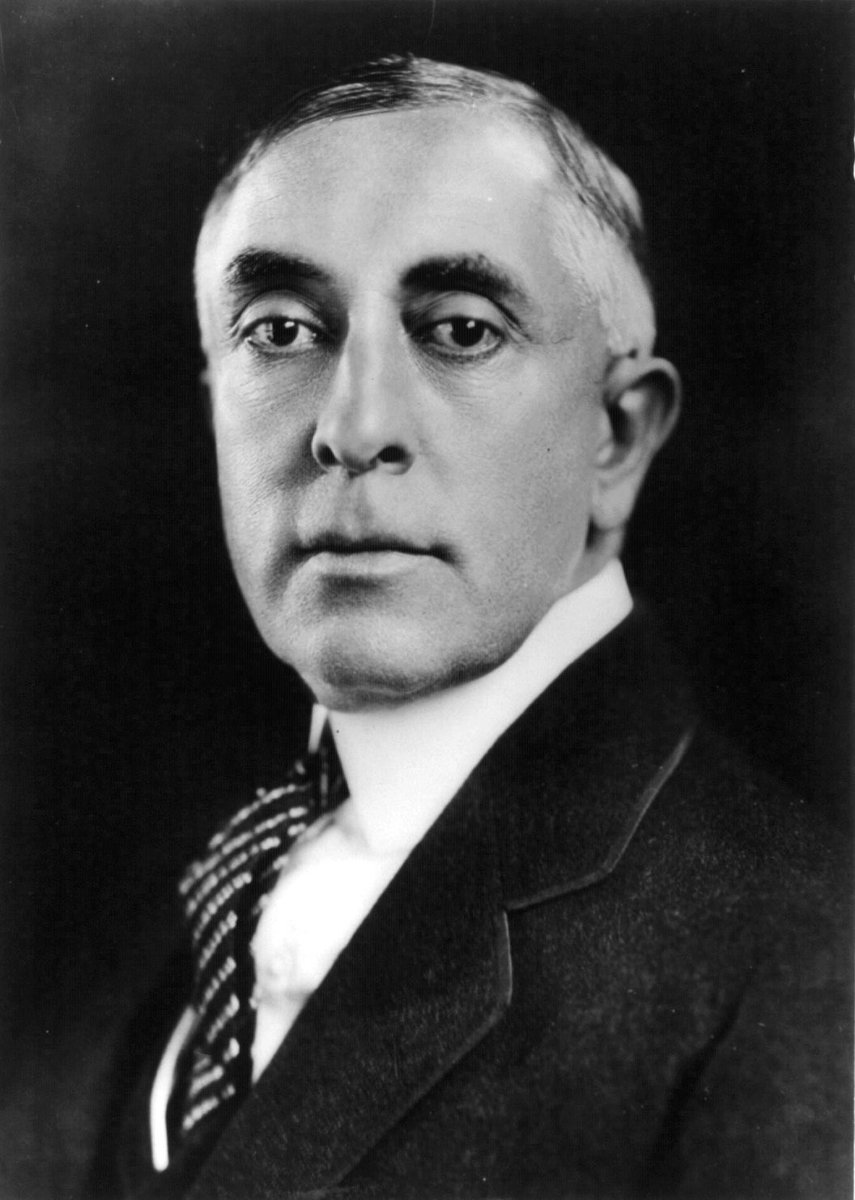
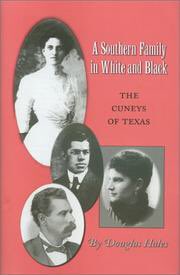
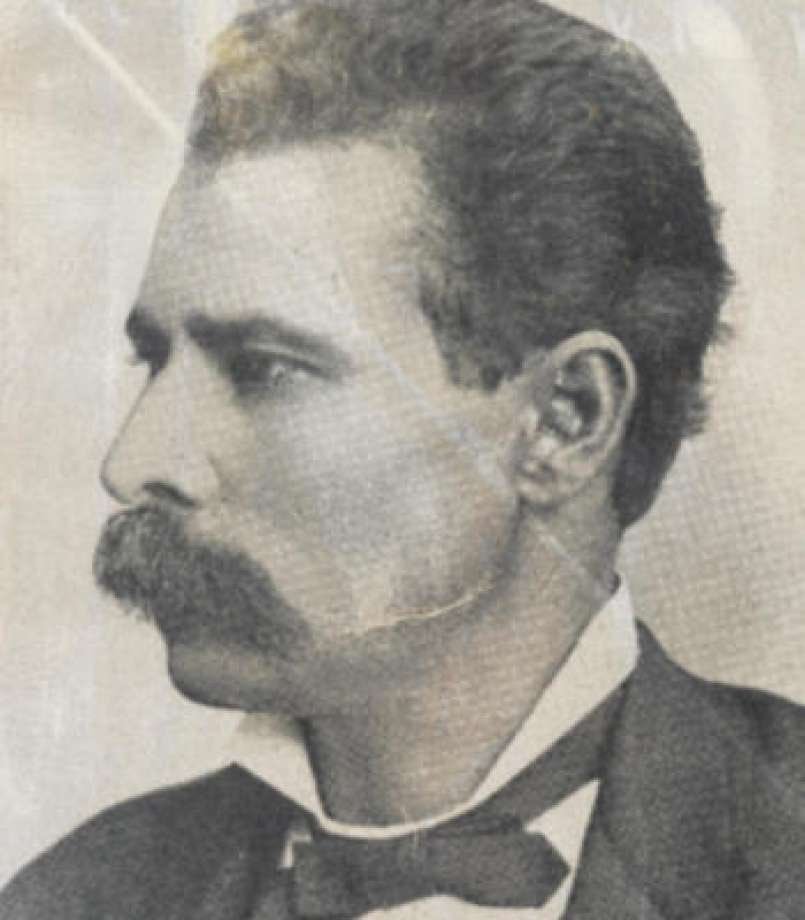
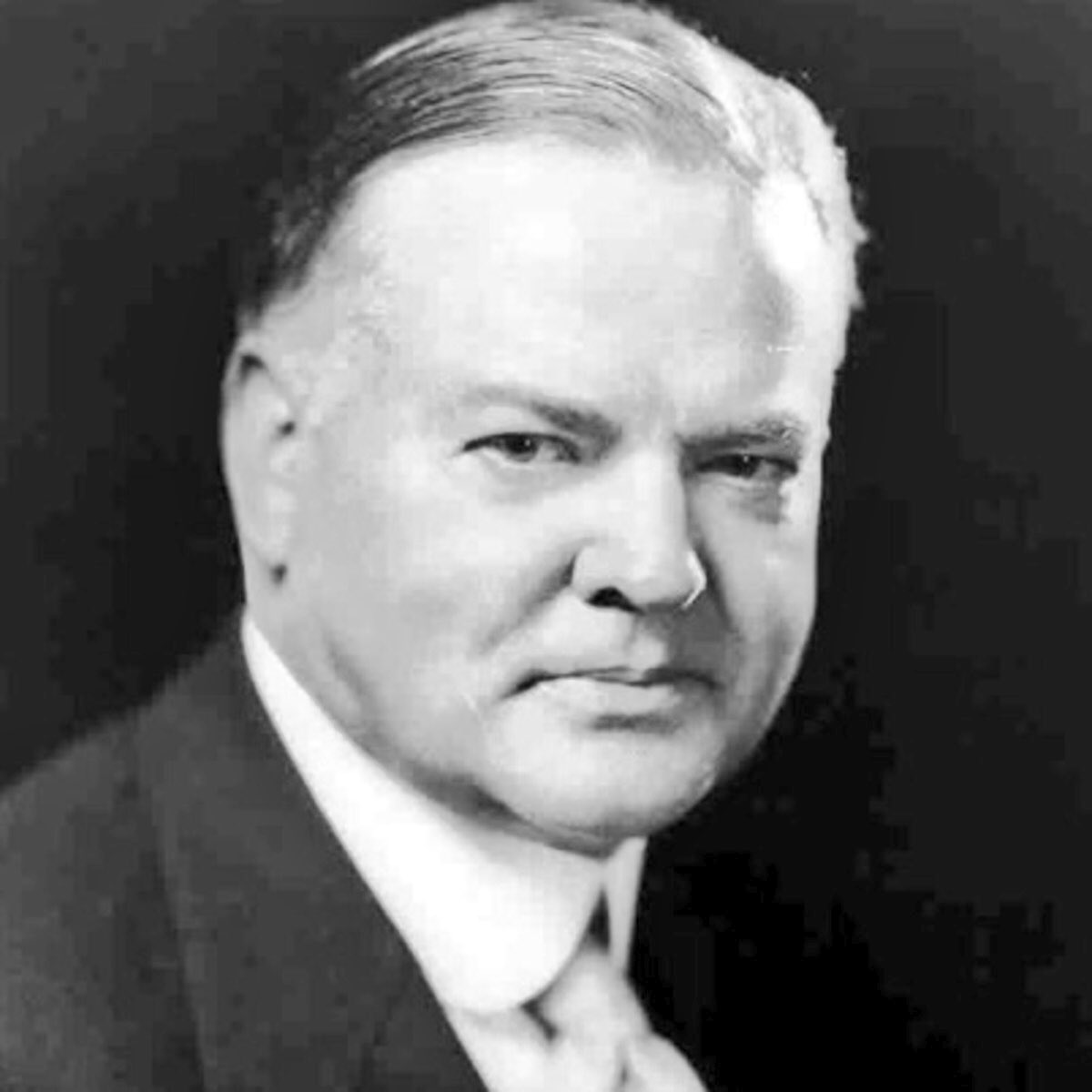
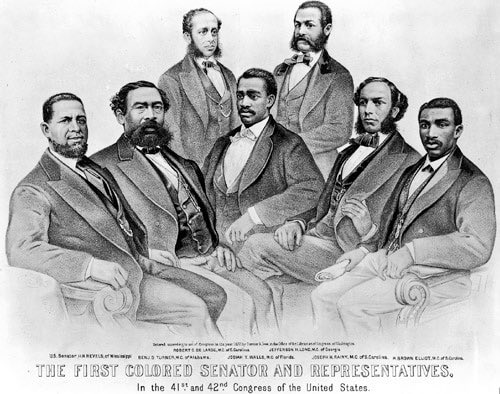

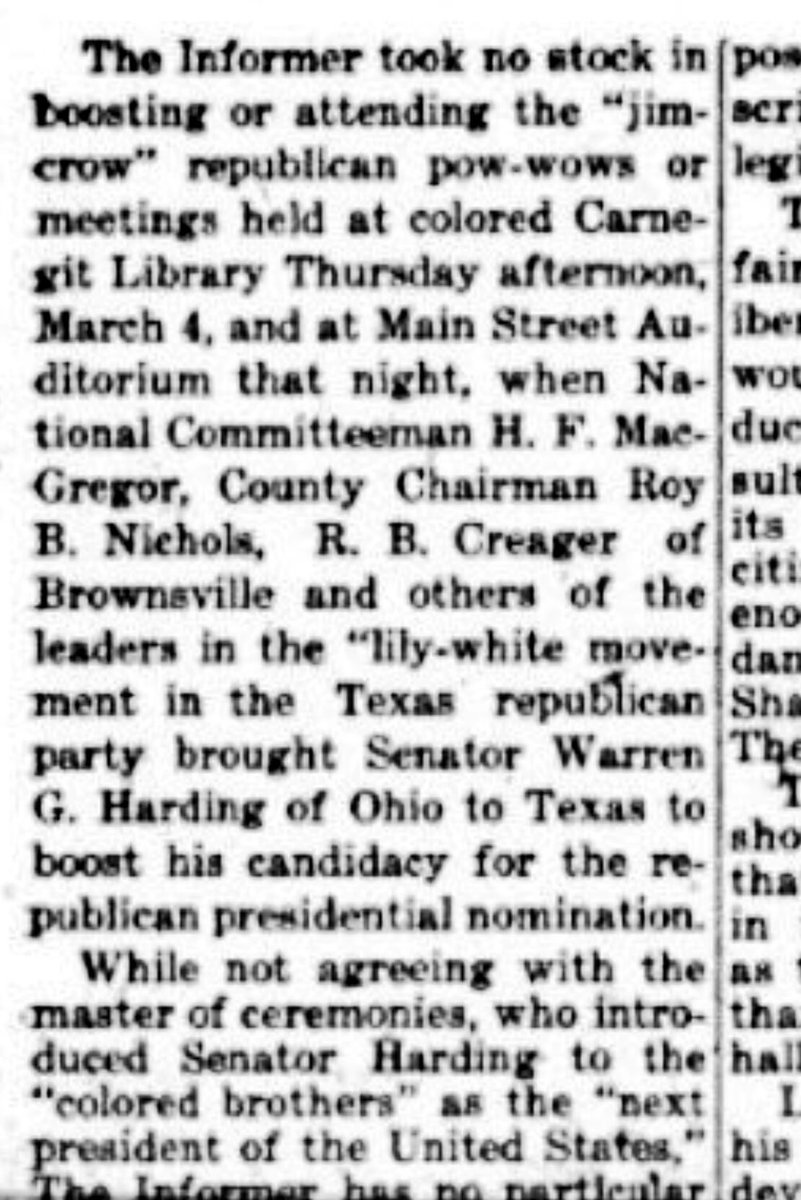
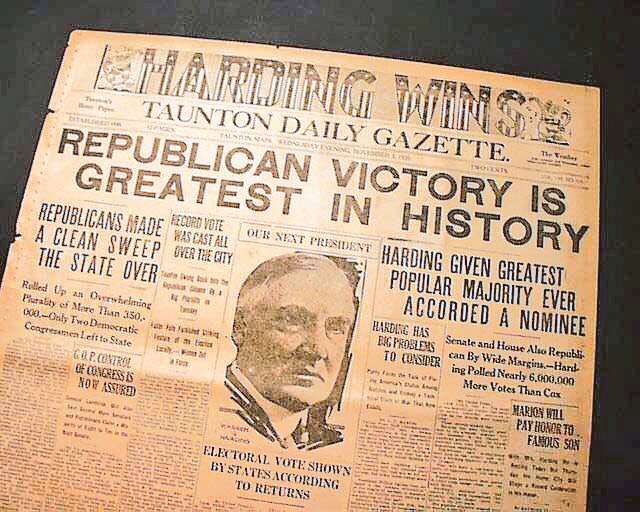
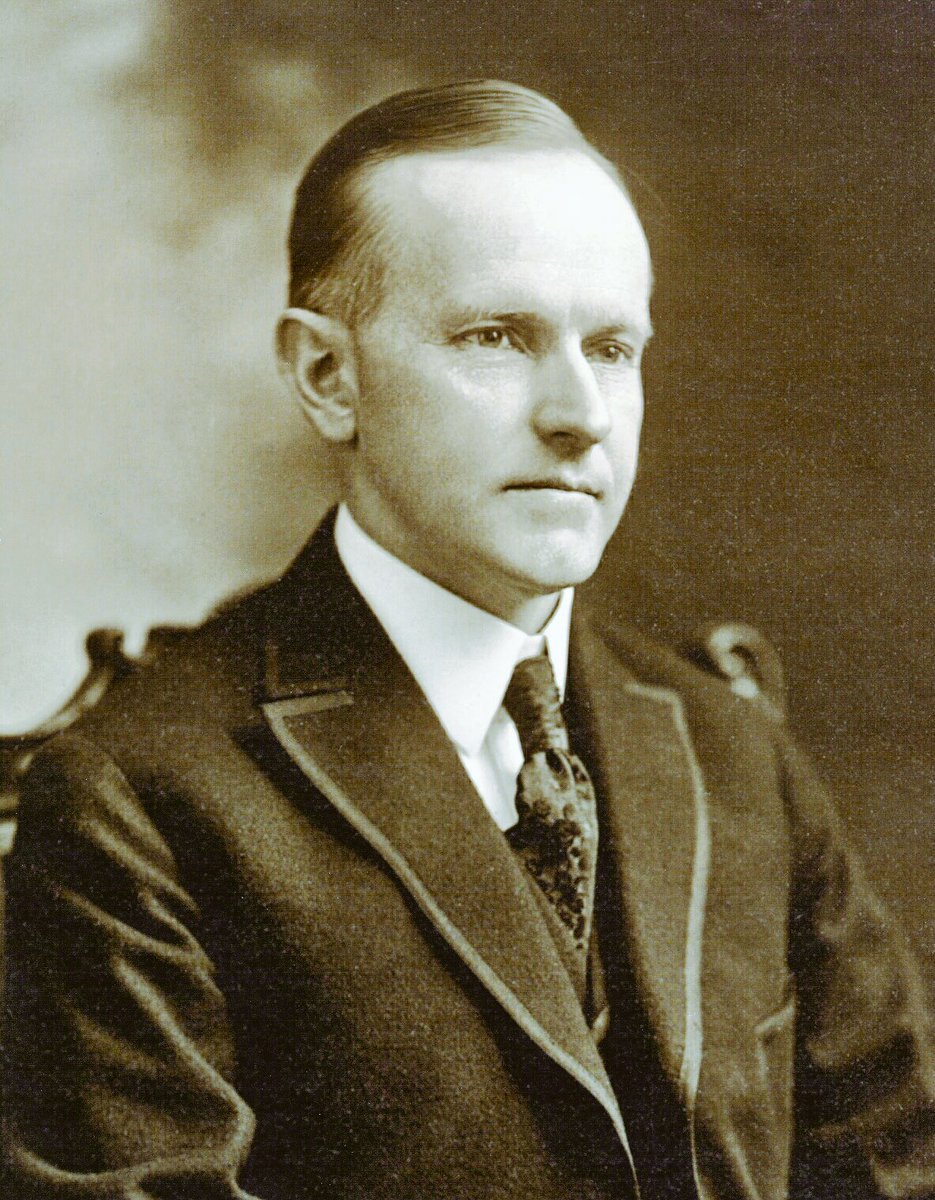
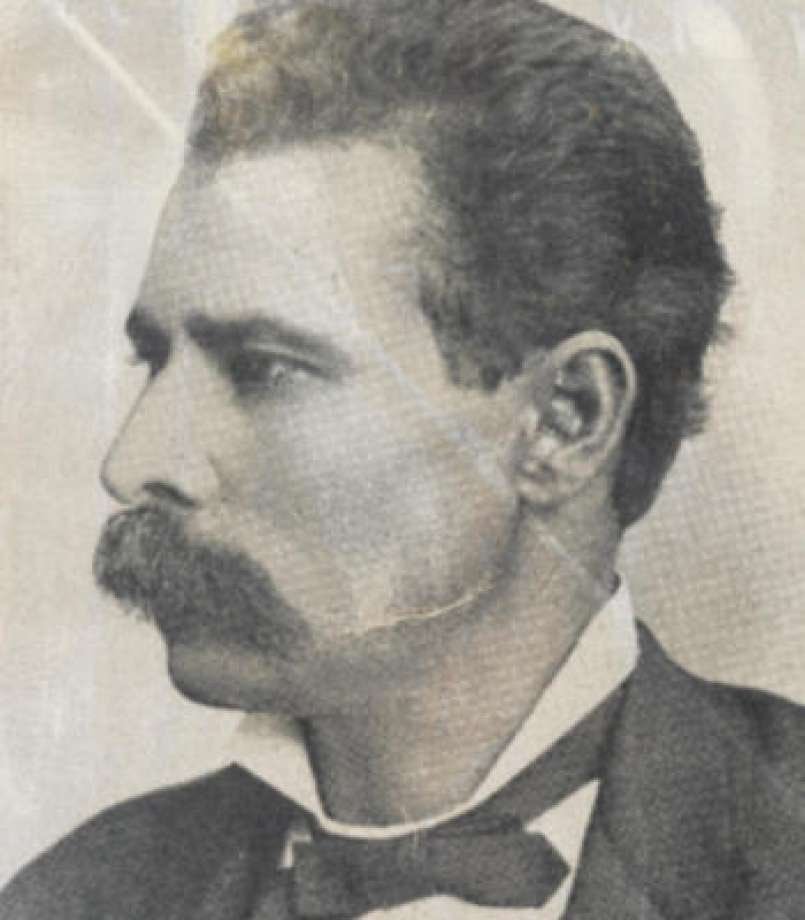
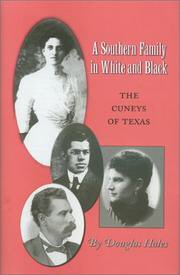
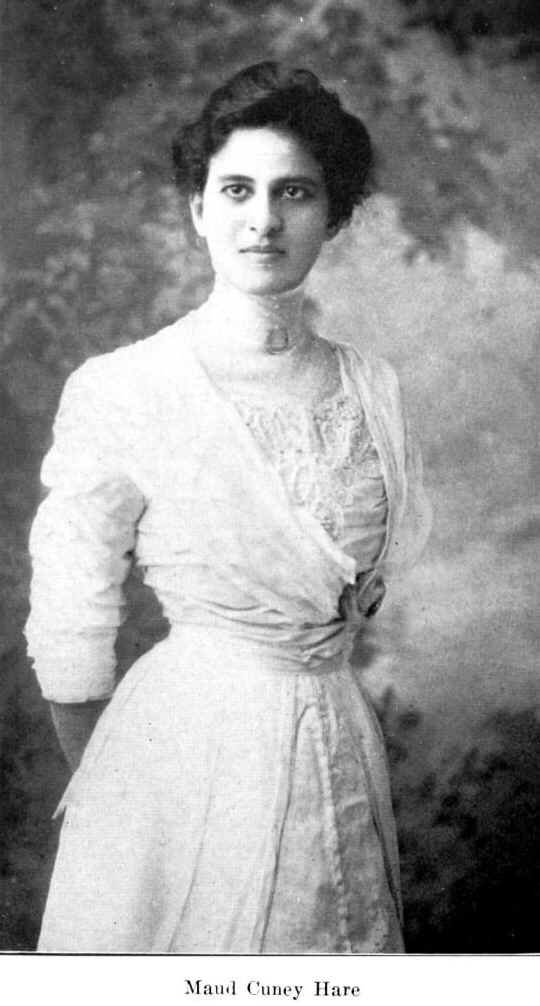
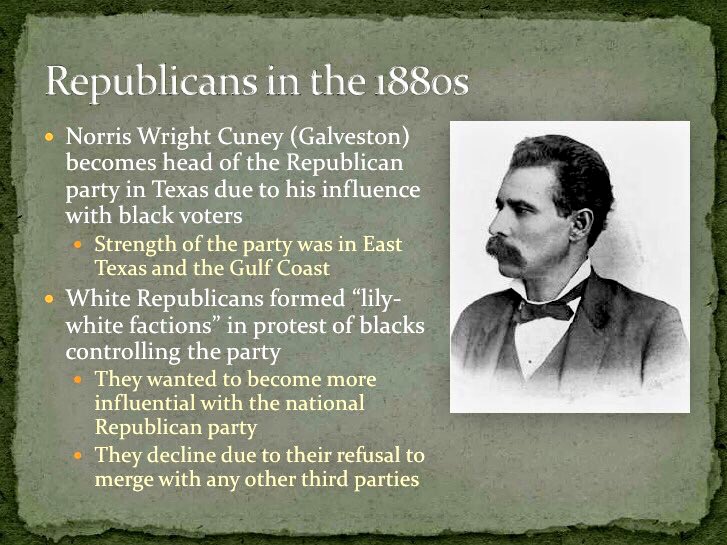
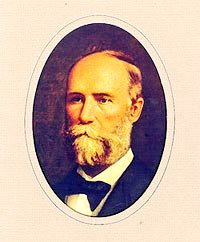
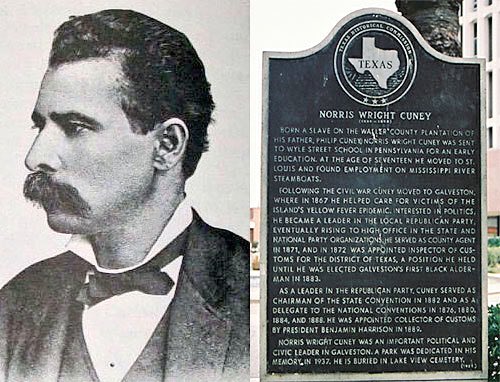
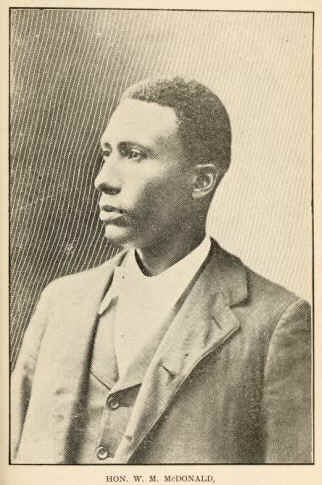
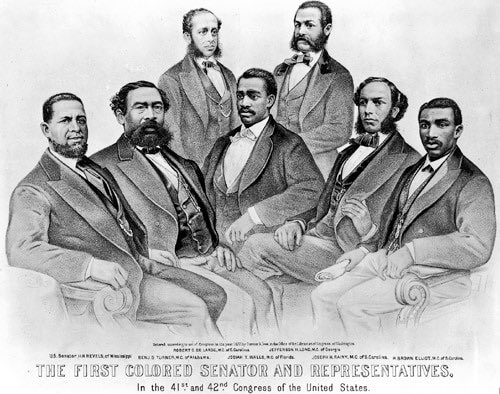
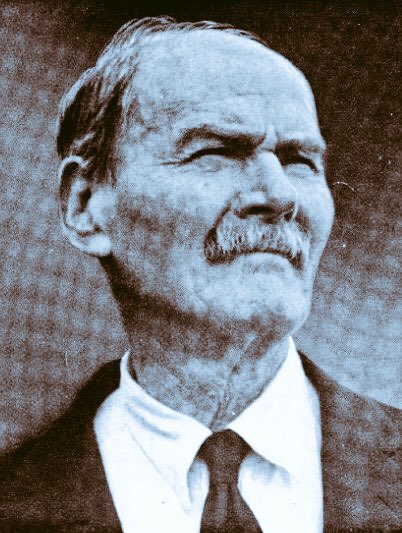
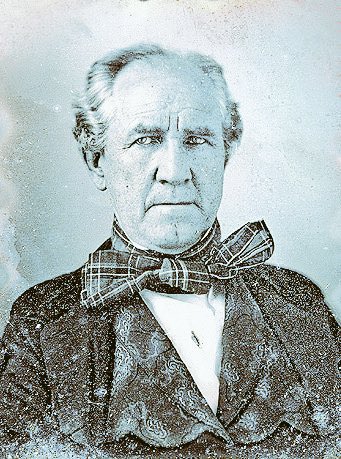
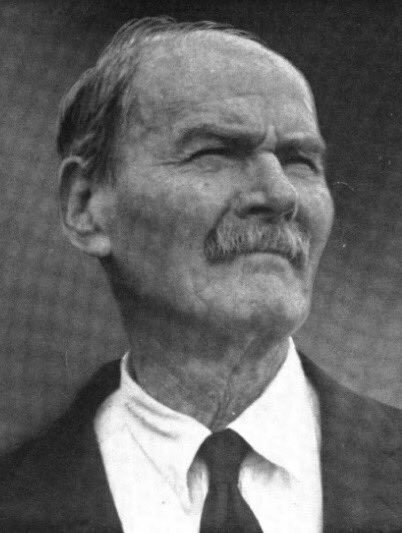
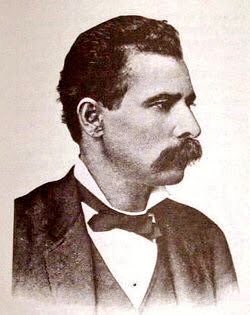
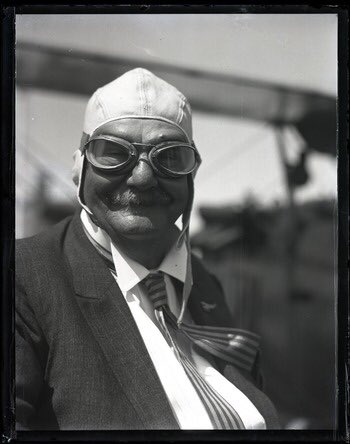
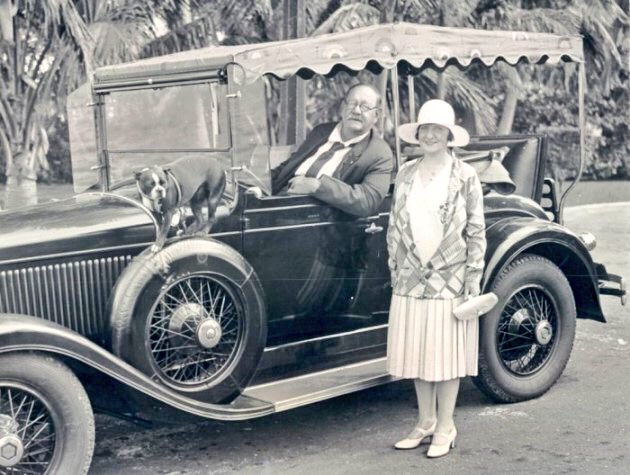
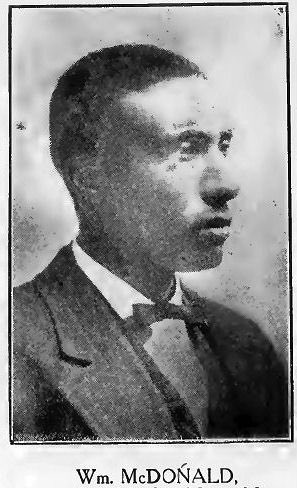
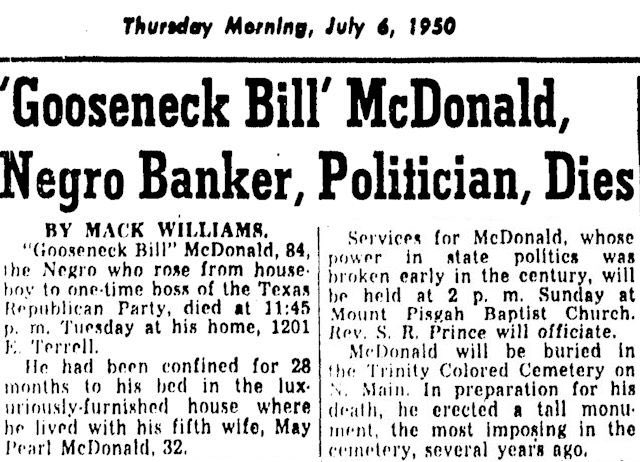
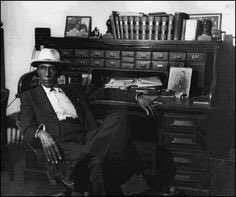
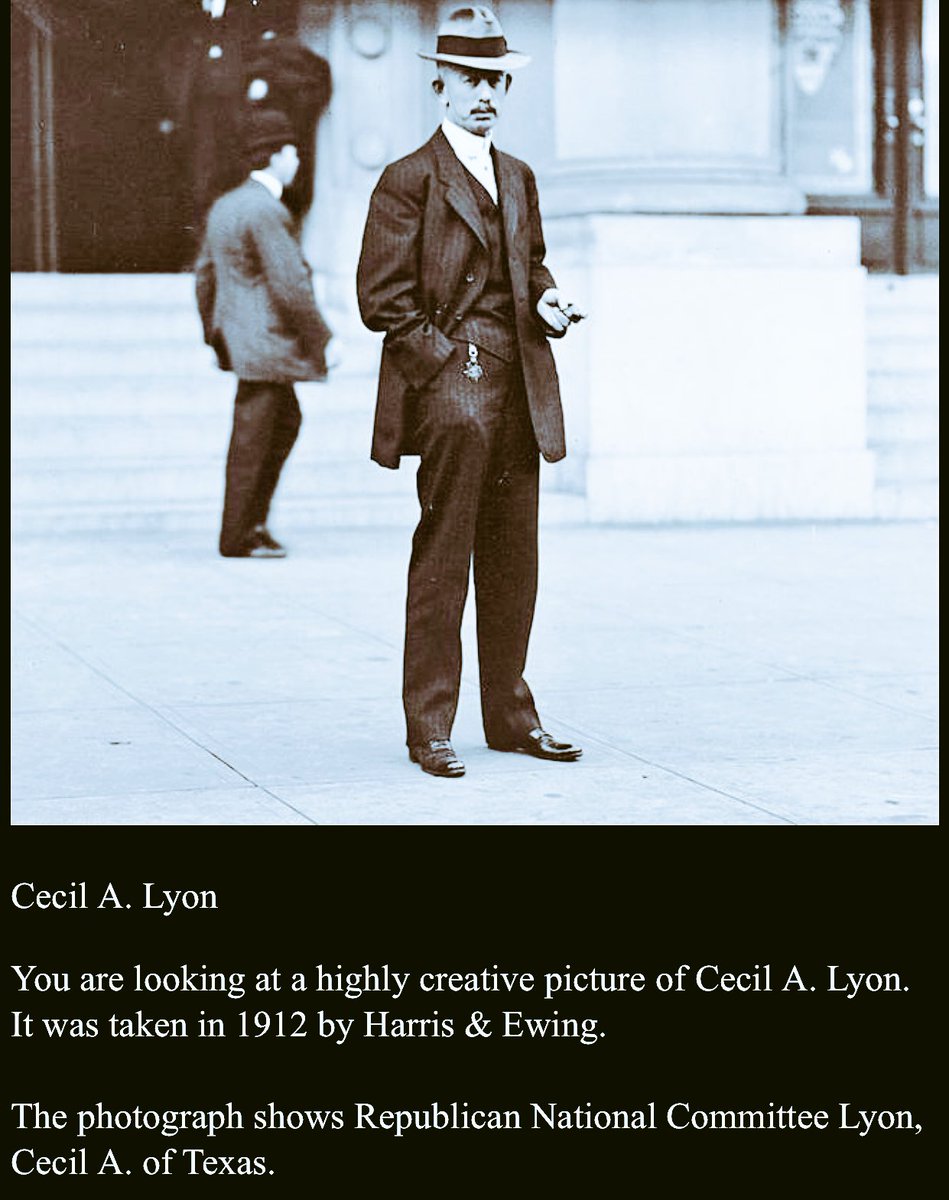
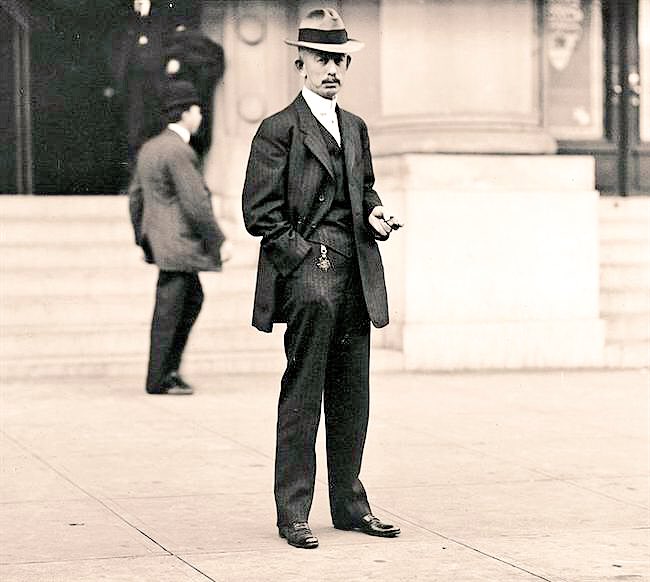
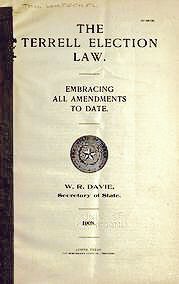
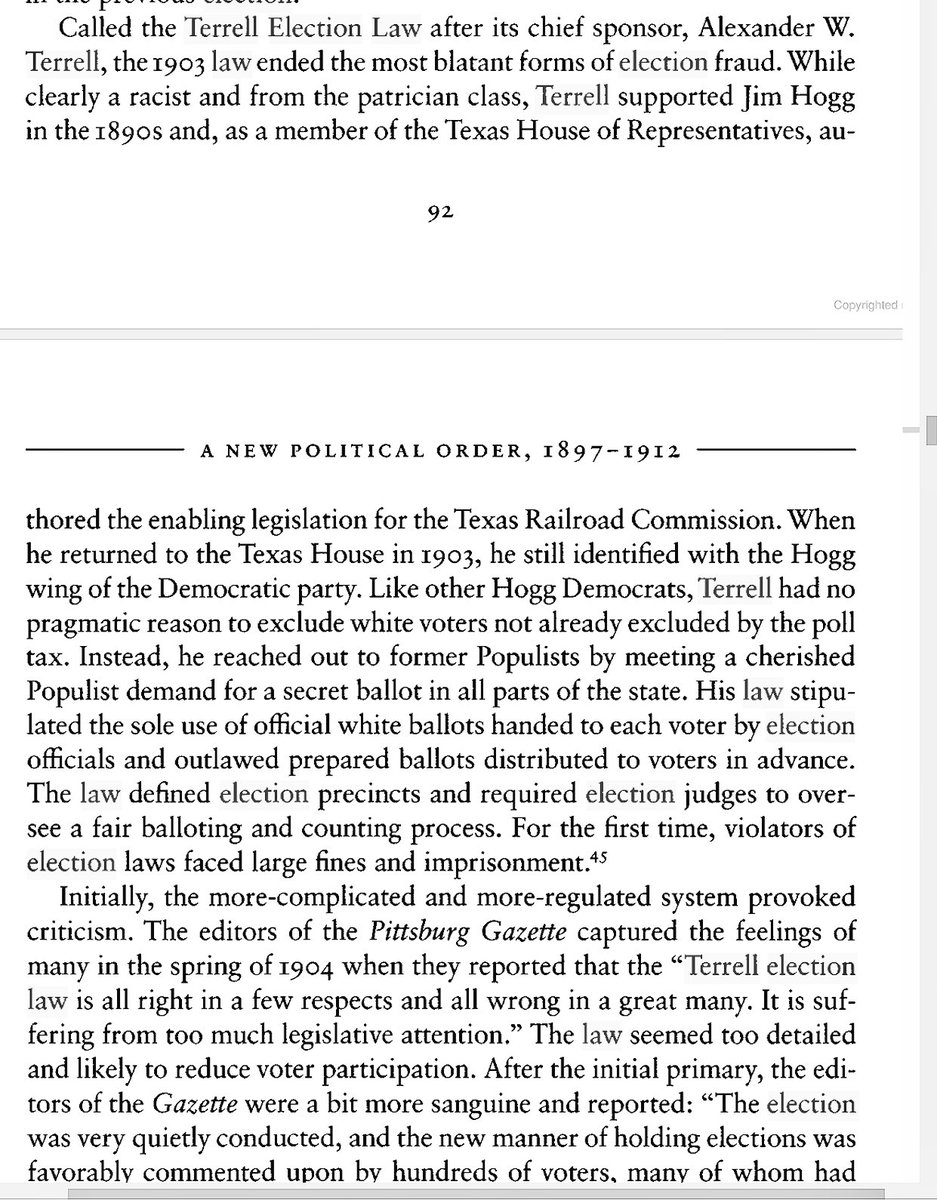
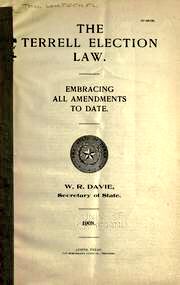
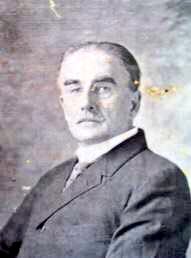
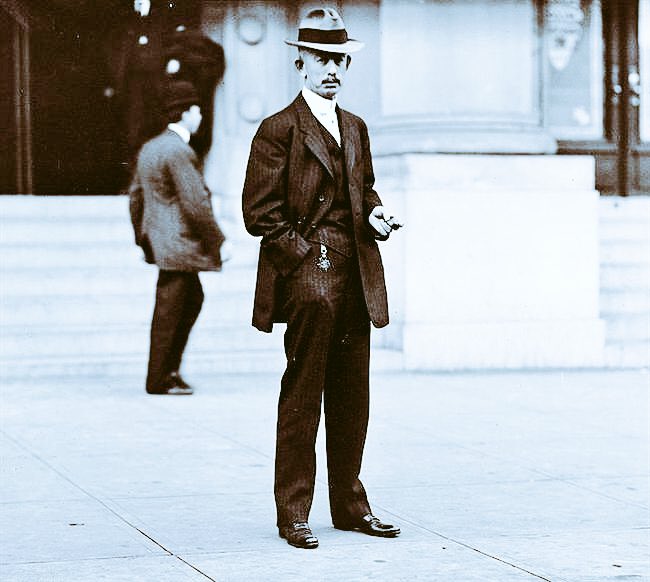
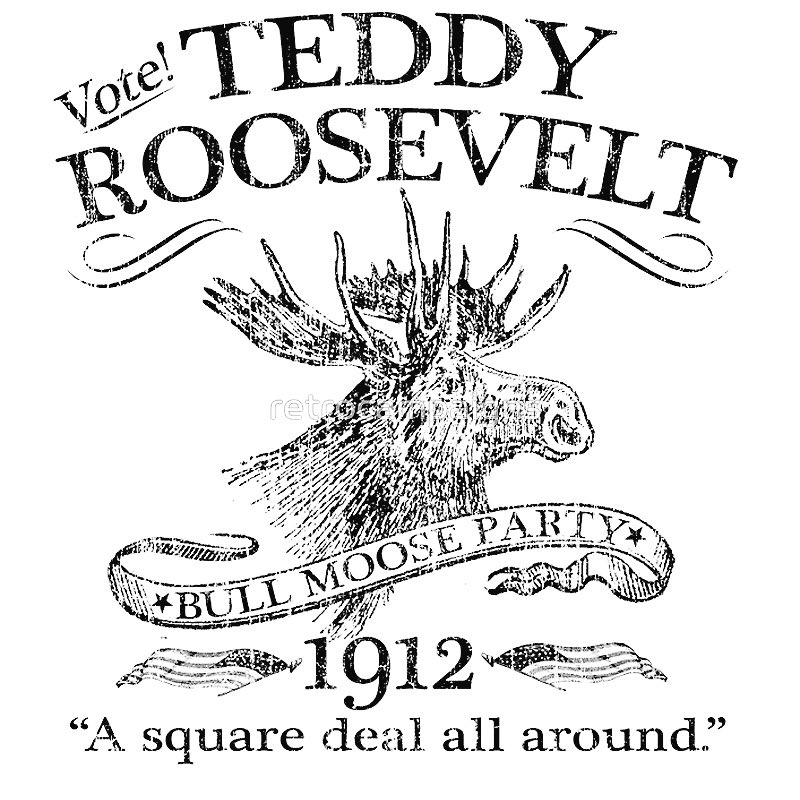

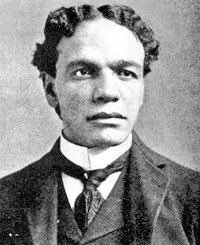
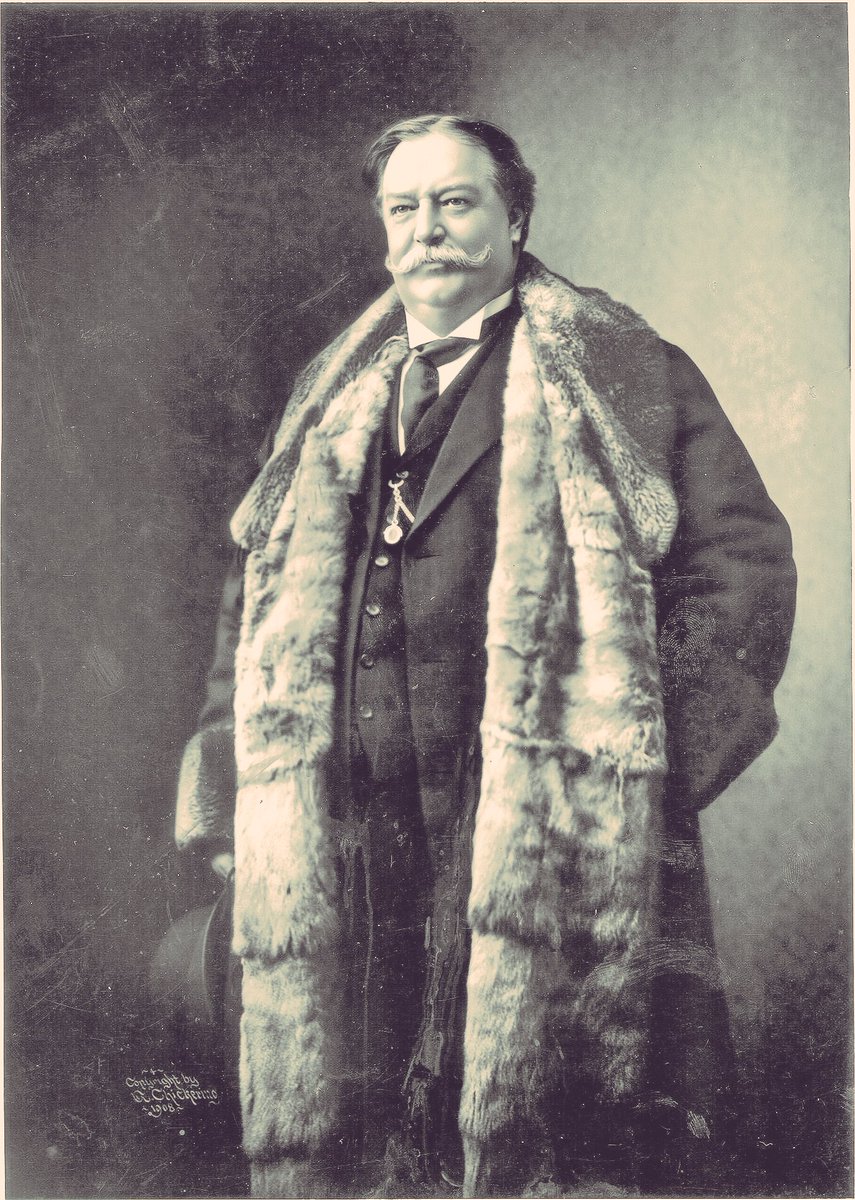
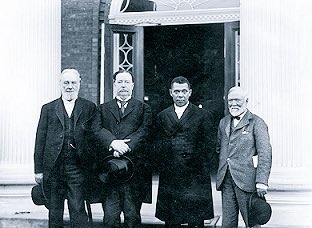
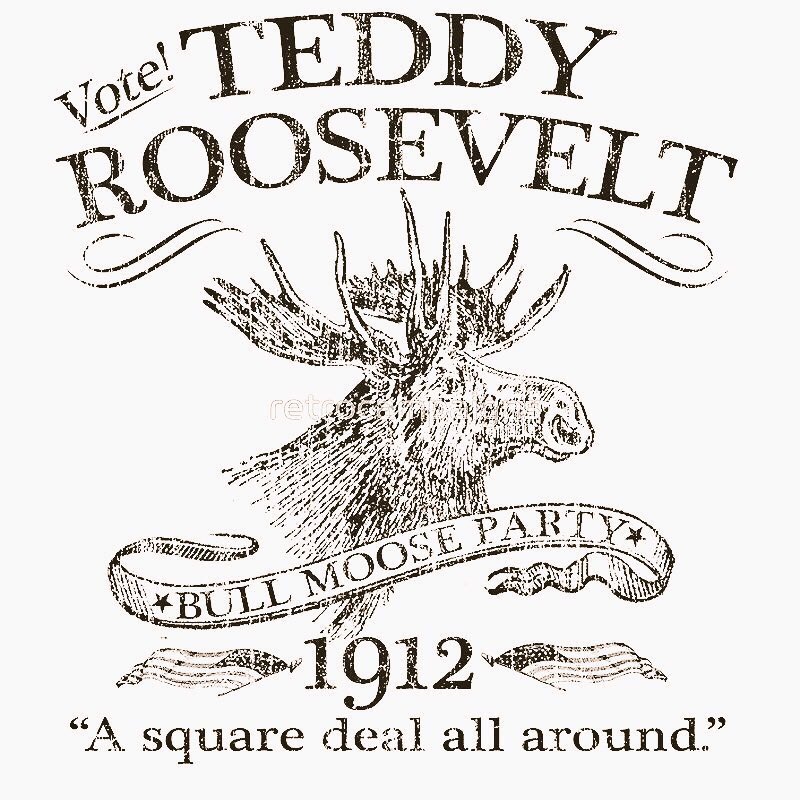
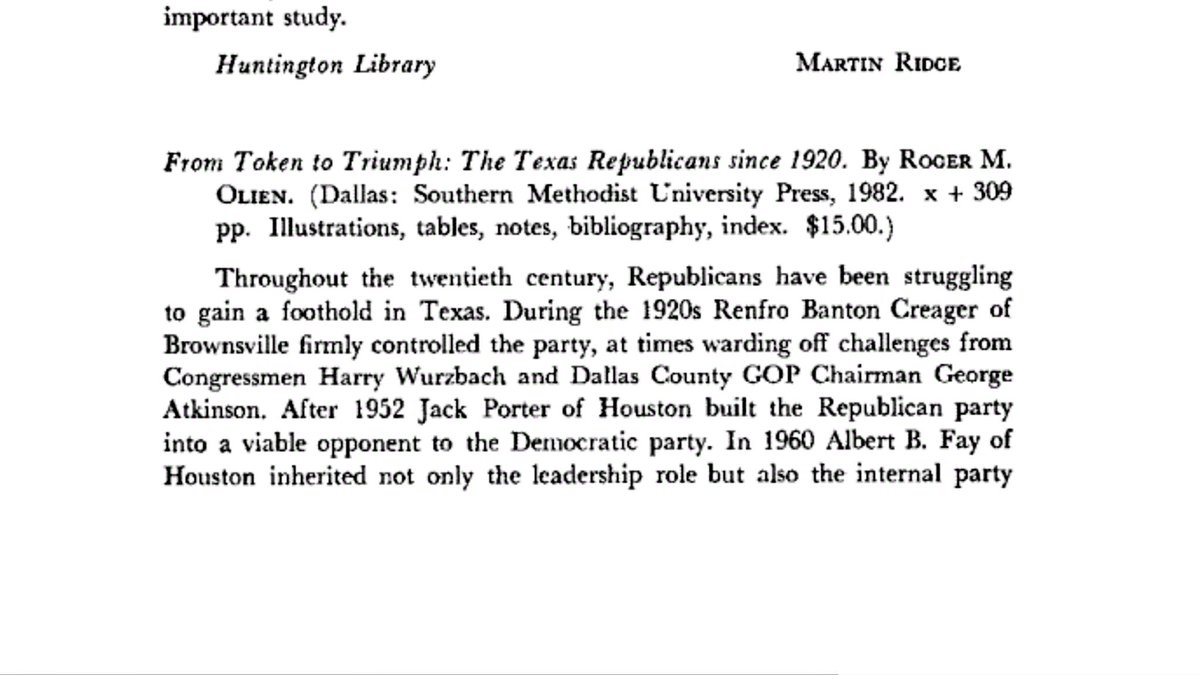
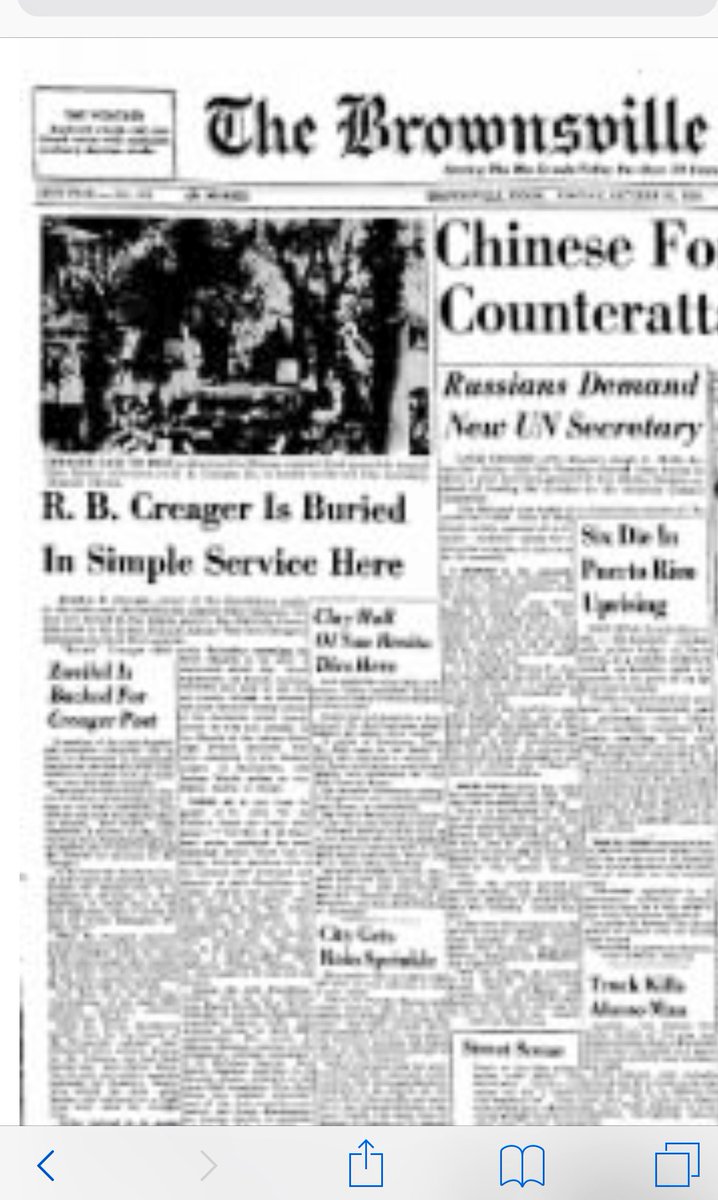
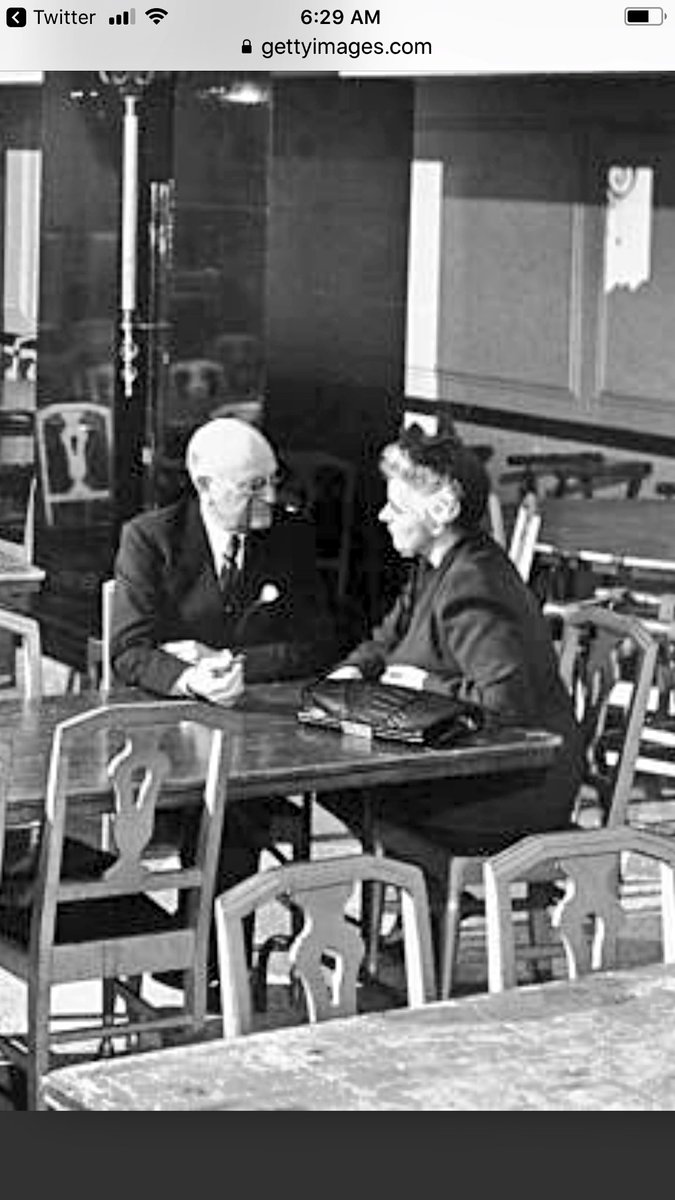
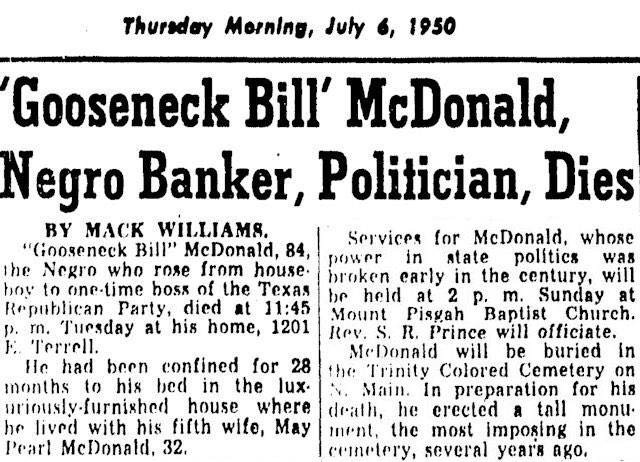

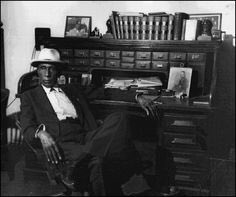
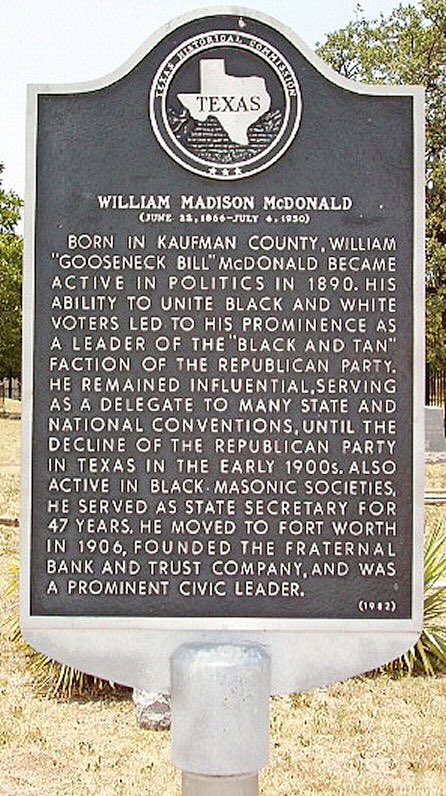
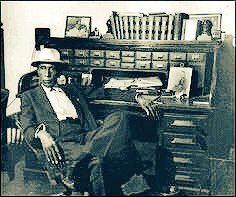
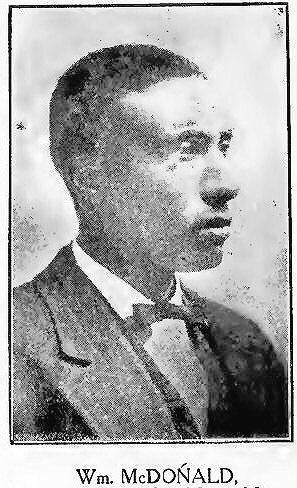
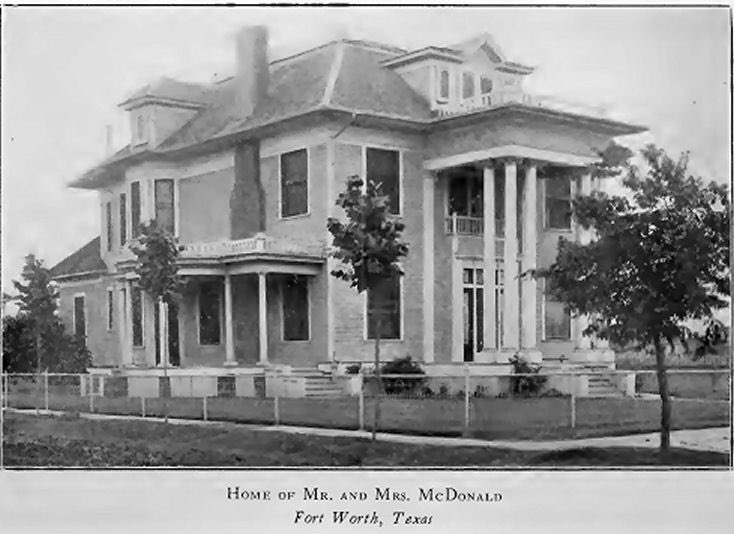
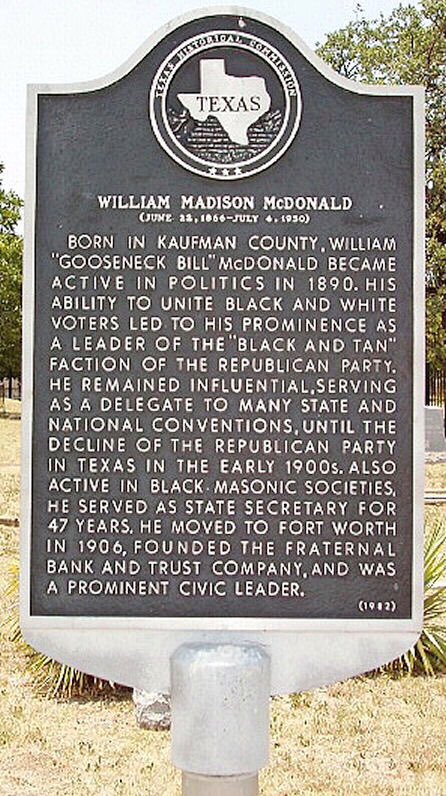
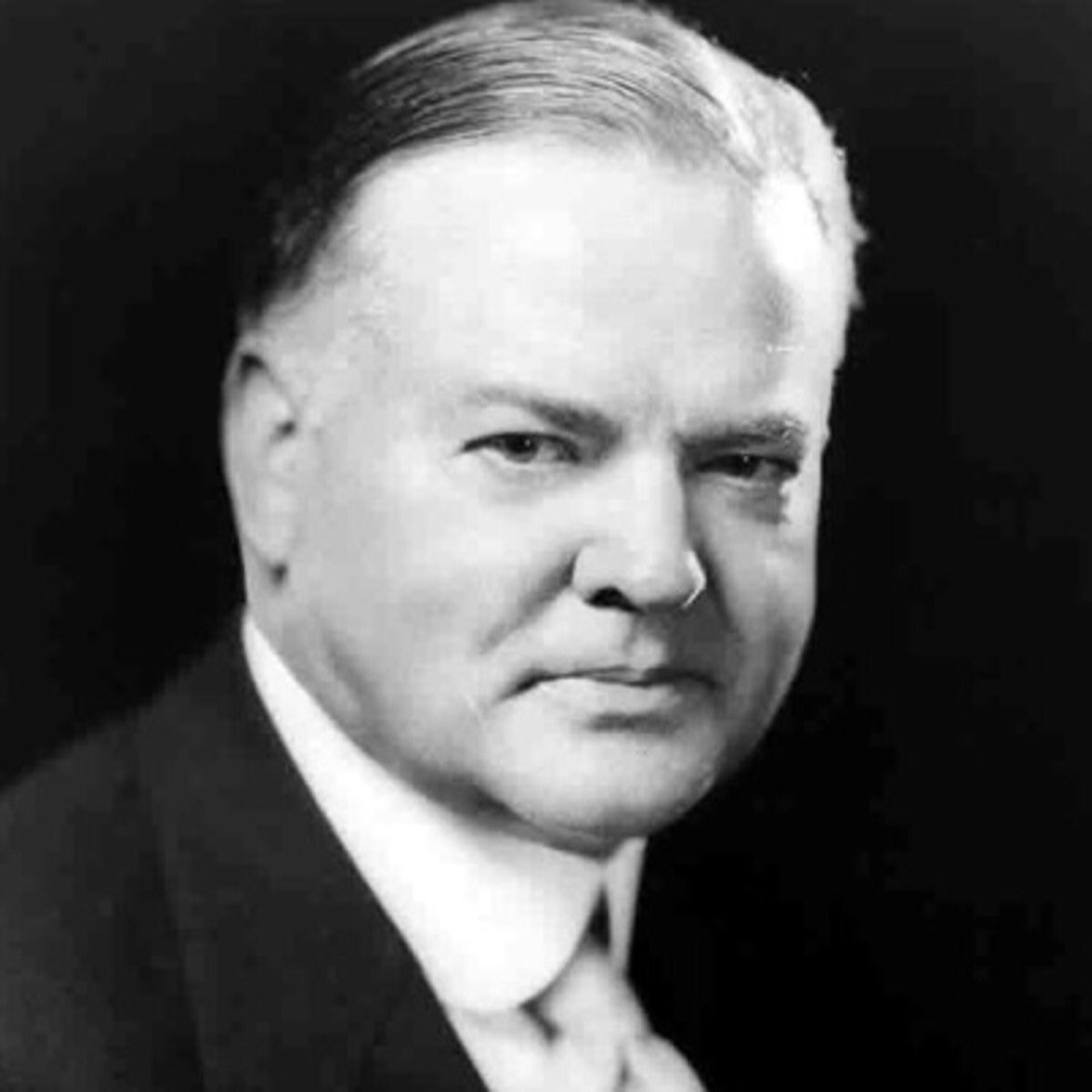
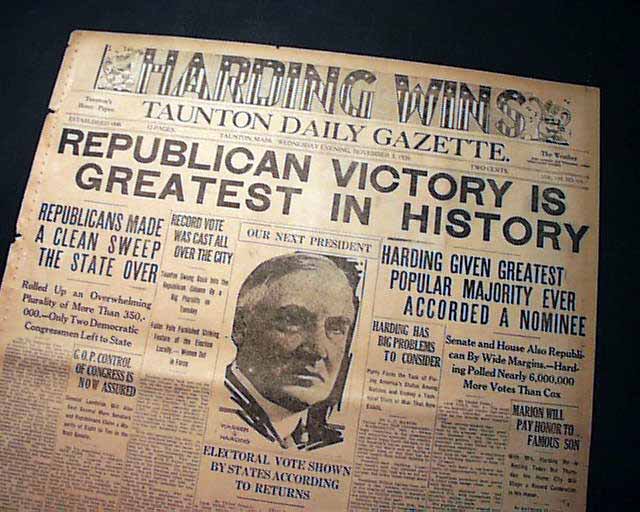
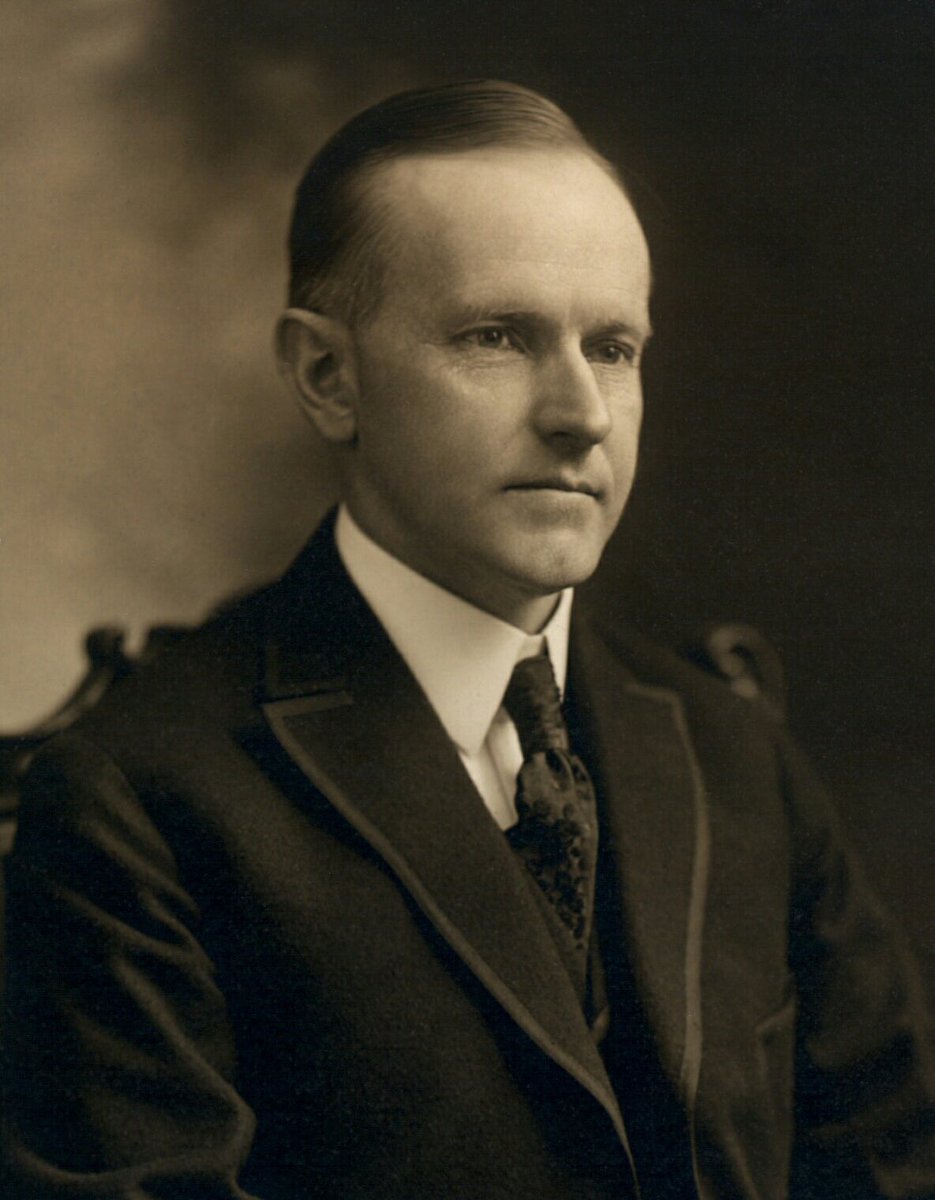
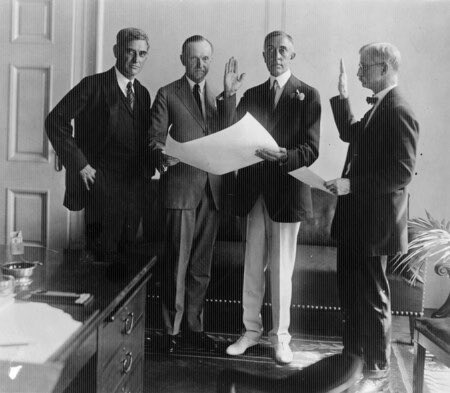
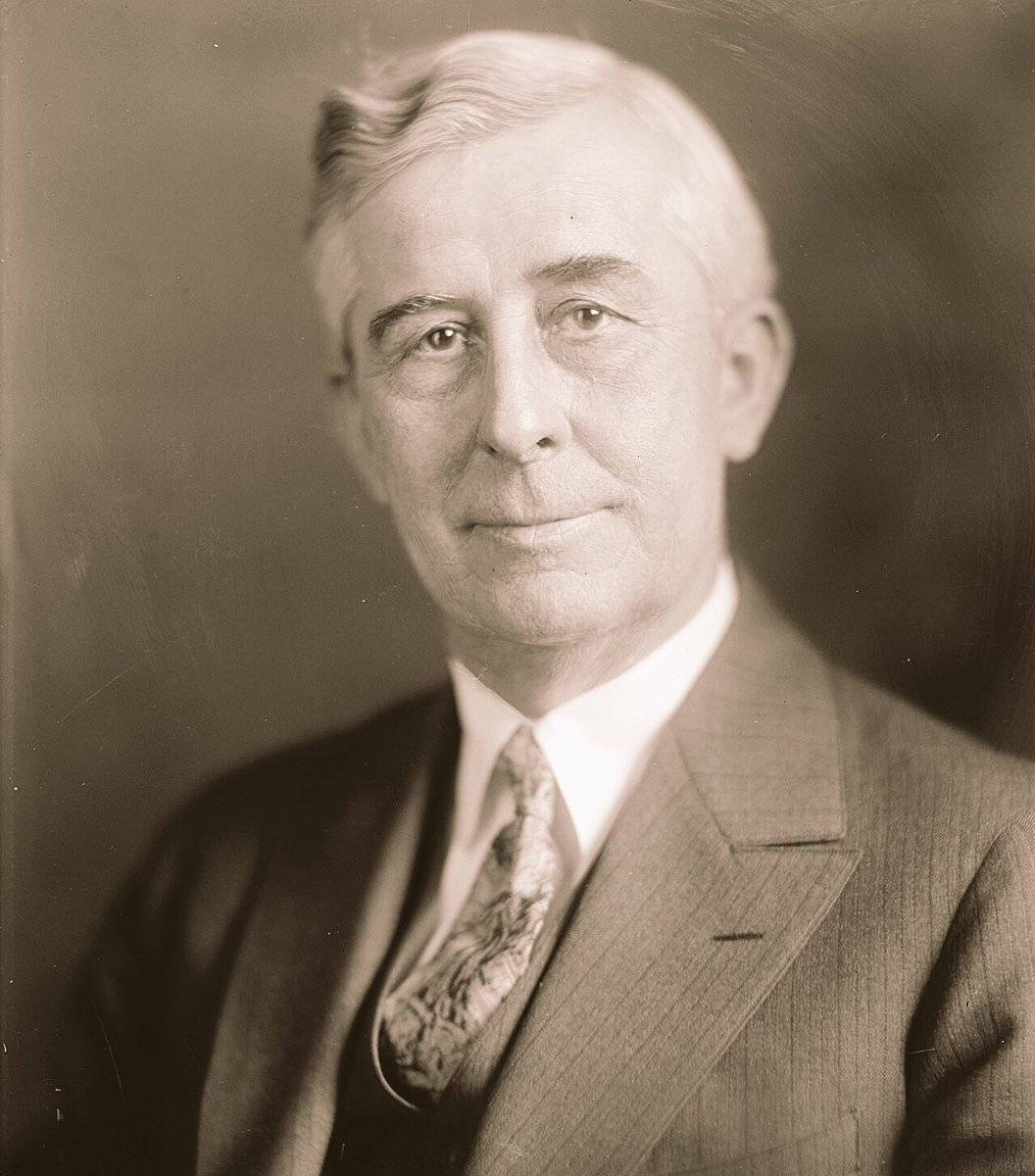
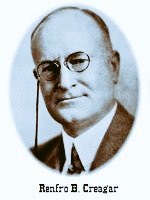
![The "Lily Whites' are trying to drive us [black Republicans] from the party councils".— Scipio Africanus Jones The "Lily Whites' are trying to drive us [black Republicans] from the party councils".— Scipio Africanus Jones](https://pbs.twimg.com/media/DrYV2WzVYAAwfCb.jpg)
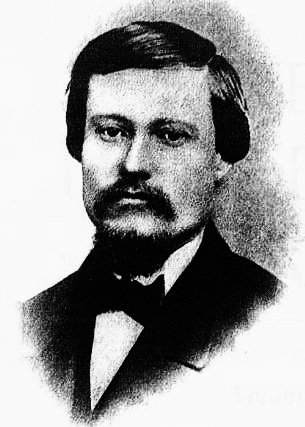
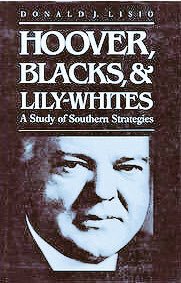
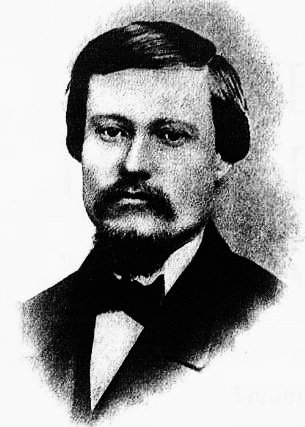
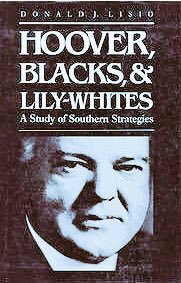
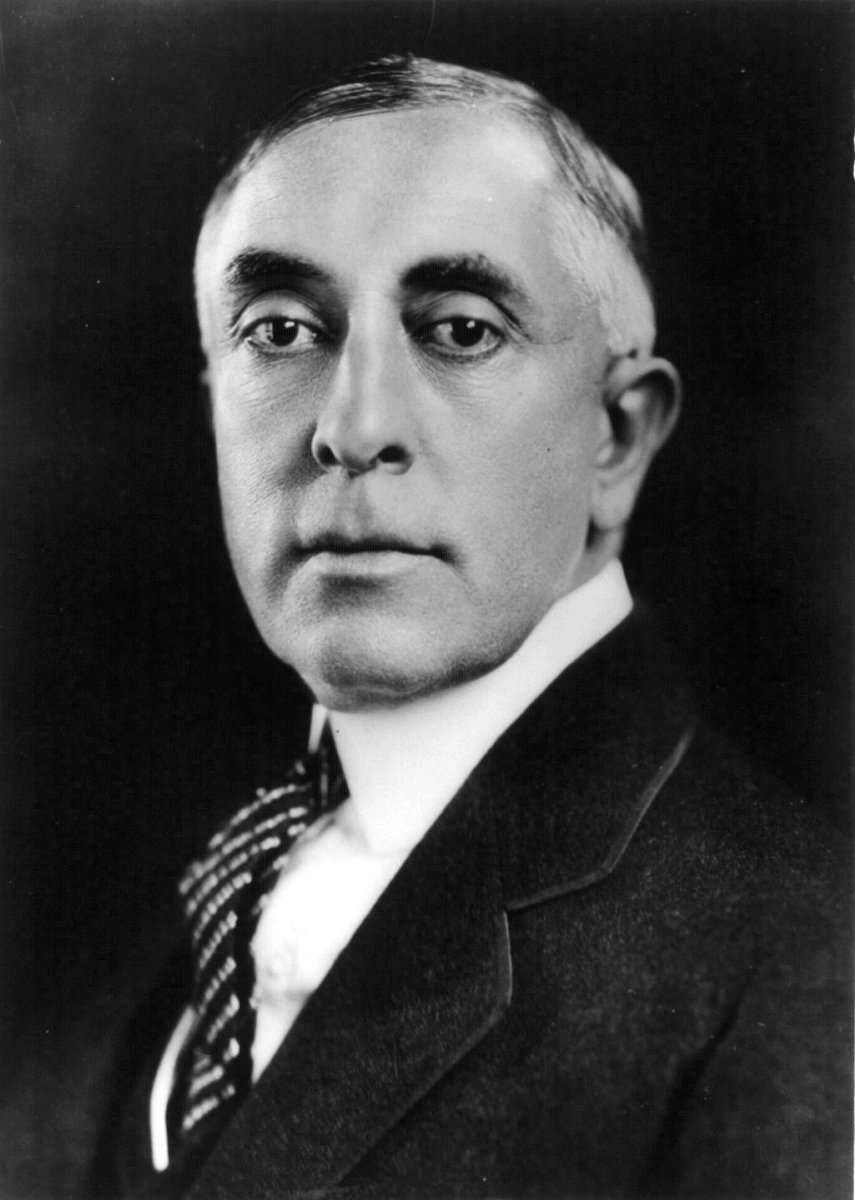
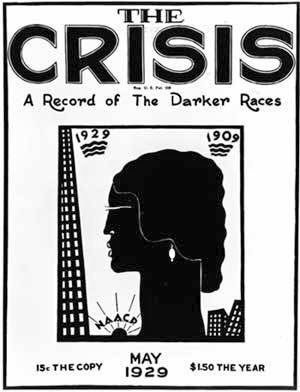
![One of the saddest ironies for us who adhere to a more [authentic] black Republicanism, is knowing that “The Lily-White” Republican movement was born to destroy us, weaponized to wipe us out - in order to appeal to white racist democrats.The irony of it has not been lost on us! One of the saddest ironies for us who adhere to a more [authentic] black Republicanism, is knowing that “The Lily-White” Republican movement was born to destroy us, weaponized to wipe us out - in order to appeal to white racist democrats.The irony of it has not been lost on us!](https://pbs.twimg.com/media/DrYX9SnXgAAMmf6.jpg)
![One of the saddest ironies for us who adhere to a more [authentic] black Republicanism, is knowing that “The Lily-White” Republican movement was born to destroy us, weaponized to wipe us out - in order to appeal to white racist democrats.The irony of it has not been lost on us! One of the saddest ironies for us who adhere to a more [authentic] black Republicanism, is knowing that “The Lily-White” Republican movement was born to destroy us, weaponized to wipe us out - in order to appeal to white racist democrats.The irony of it has not been lost on us!](https://pbs.twimg.com/media/DrYX9S1WkAAOEOD.jpg)
![One of the saddest ironies for us who adhere to a more [authentic] black Republicanism, is knowing that “The Lily-White” Republican movement was born to destroy us, weaponized to wipe us out - in order to appeal to white racist democrats.The irony of it has not been lost on us! One of the saddest ironies for us who adhere to a more [authentic] black Republicanism, is knowing that “The Lily-White” Republican movement was born to destroy us, weaponized to wipe us out - in order to appeal to white racist democrats.The irony of it has not been lost on us!](https://pbs.twimg.com/media/DrYX9SkX4AA1PqC.jpg)
![One of the saddest ironies for us who adhere to a more [authentic] black Republicanism, is knowing that “The Lily-White” Republican movement was born to destroy us, weaponized to wipe us out - in order to appeal to white racist democrats.The irony of it has not been lost on us! One of the saddest ironies for us who adhere to a more [authentic] black Republicanism, is knowing that “The Lily-White” Republican movement was born to destroy us, weaponized to wipe us out - in order to appeal to white racist democrats.The irony of it has not been lost on us!](https://pbs.twimg.com/media/DrYX9SkWkAIjp2V.jpg)
